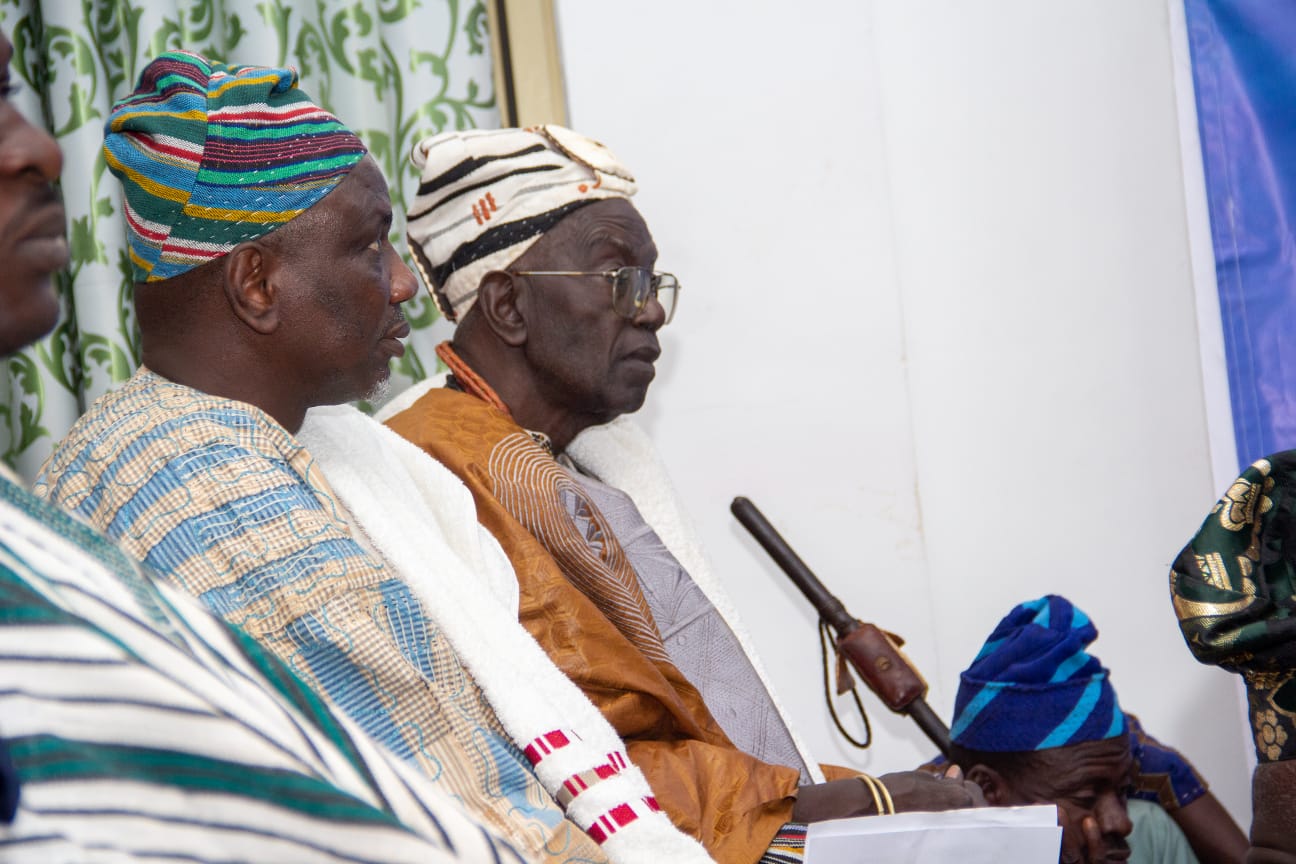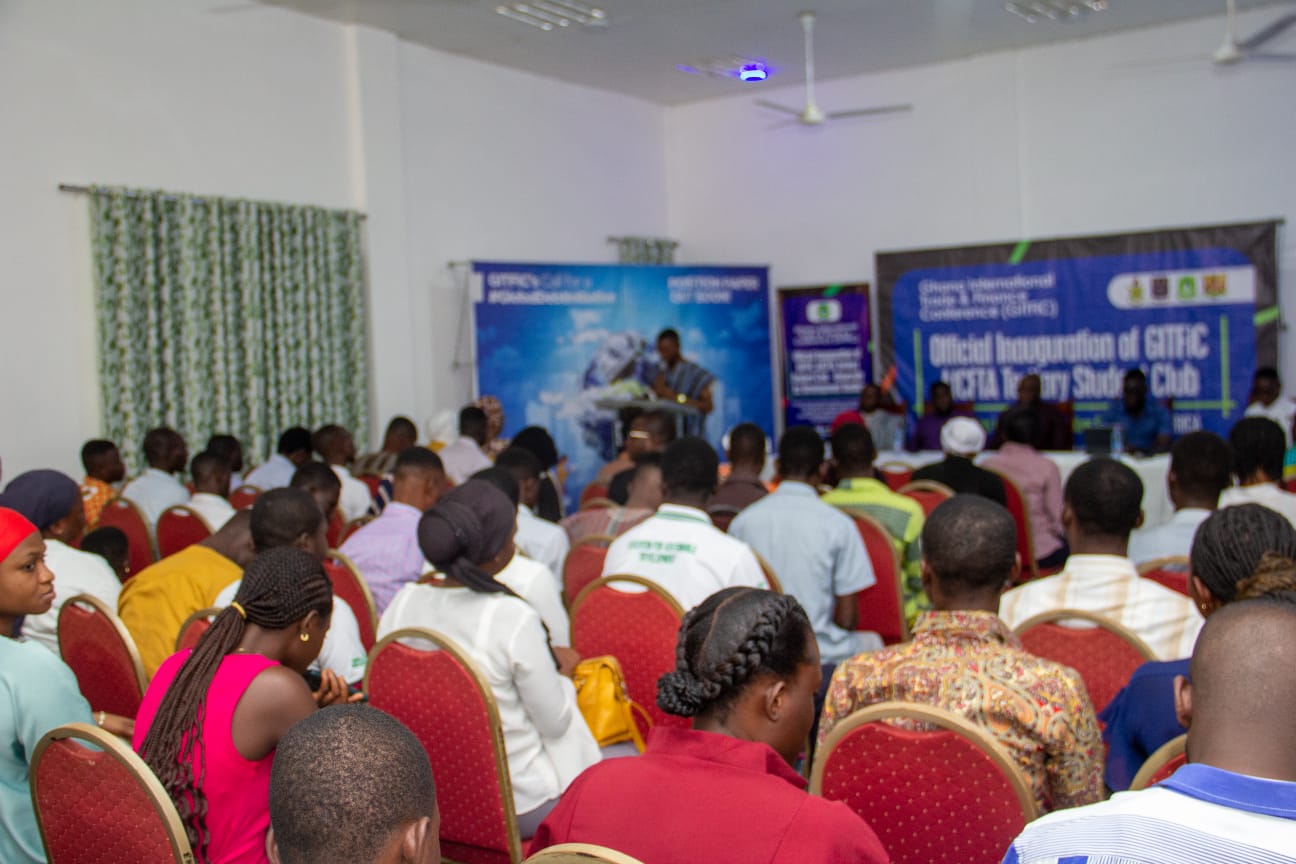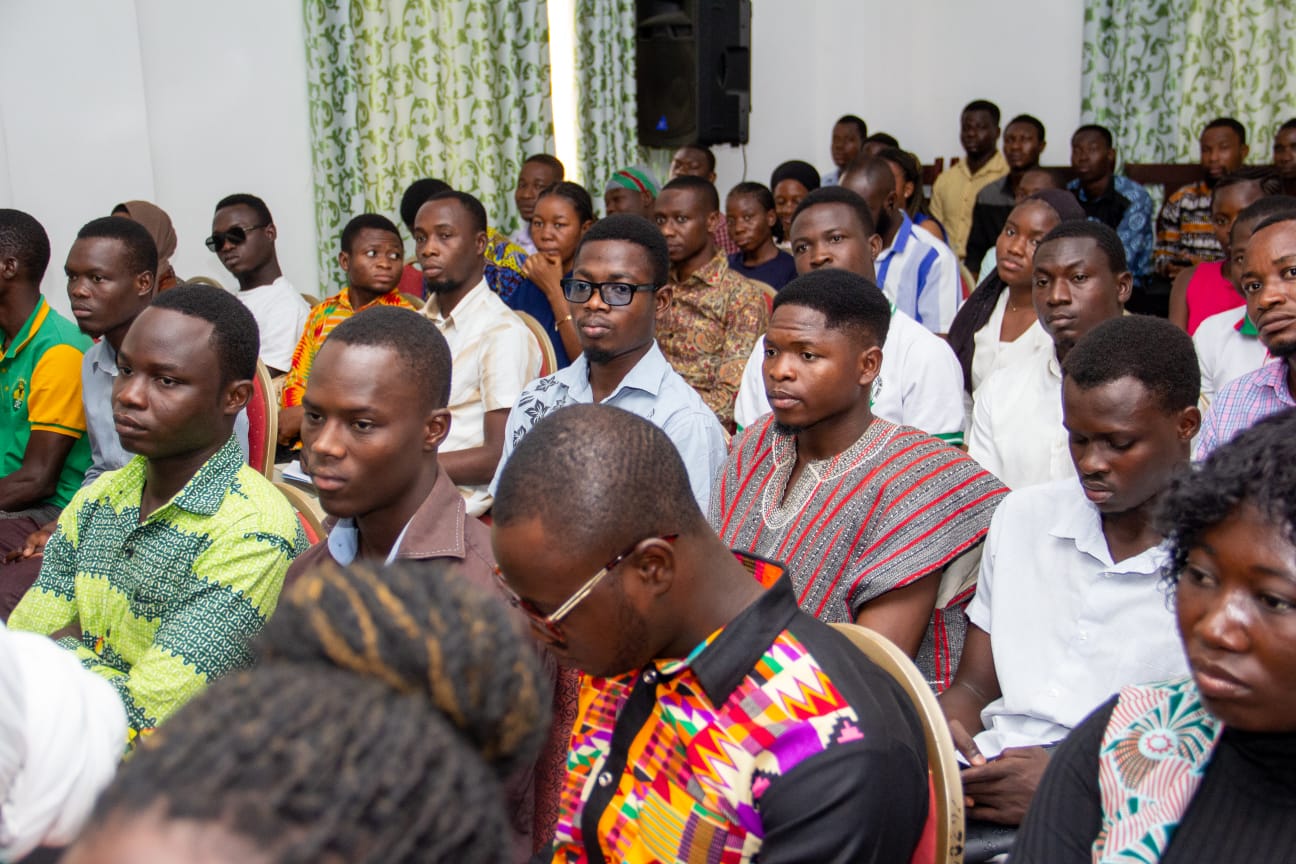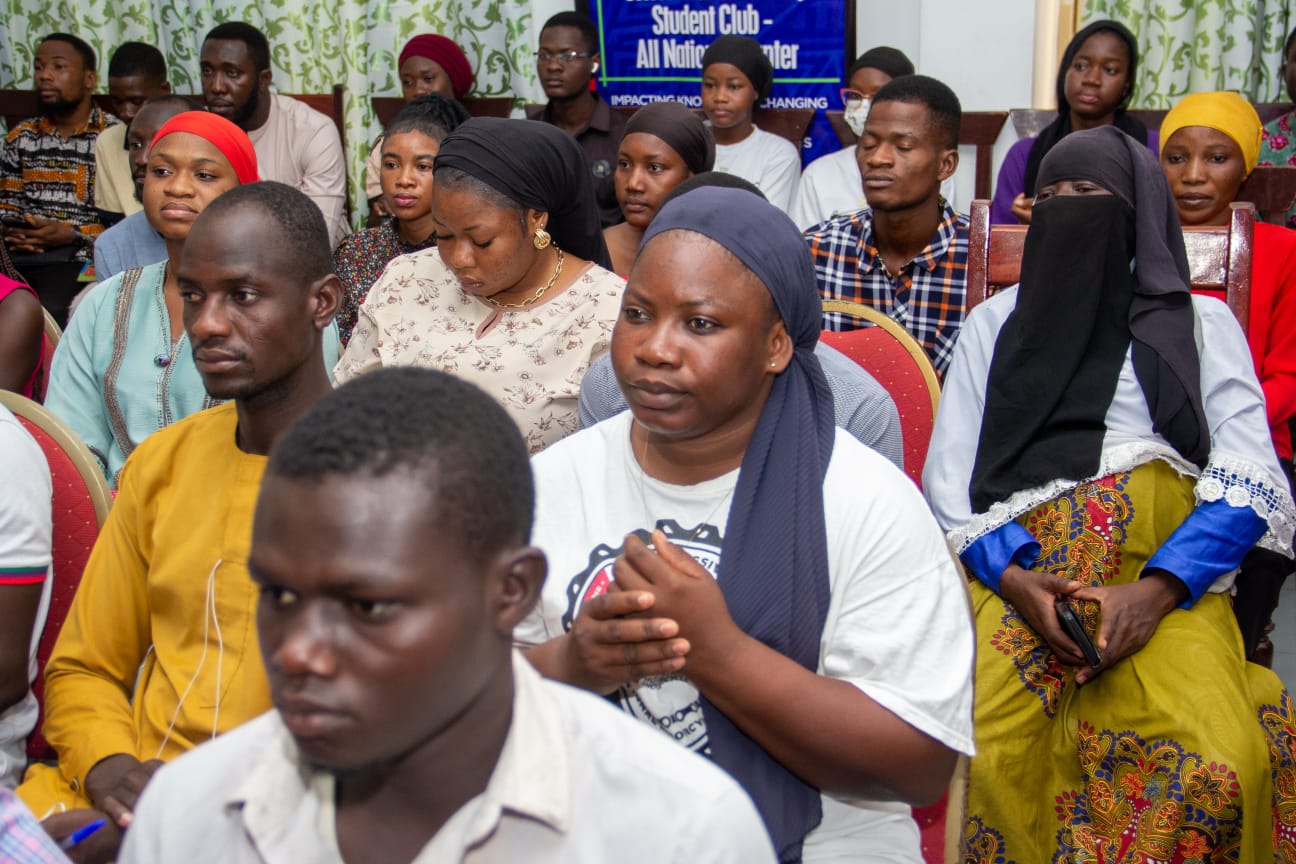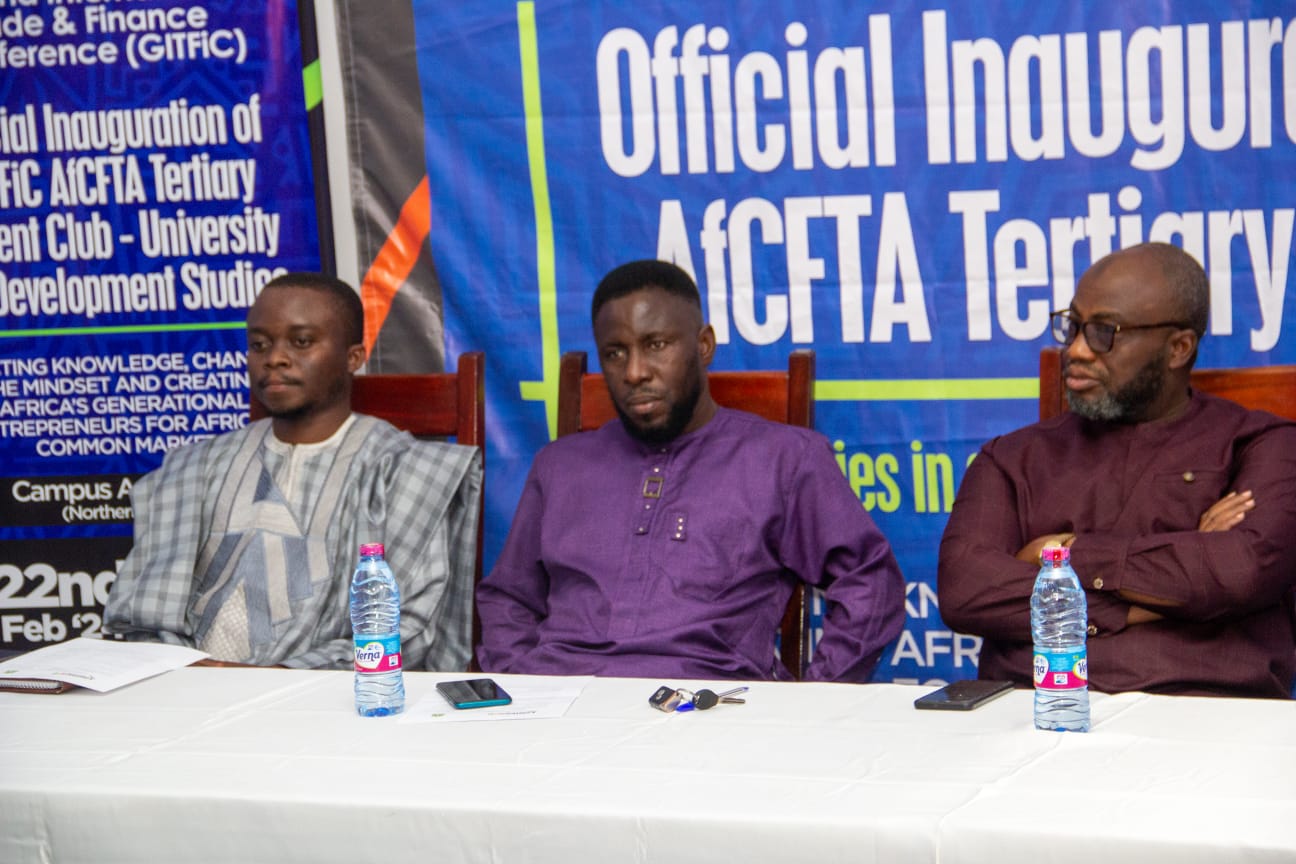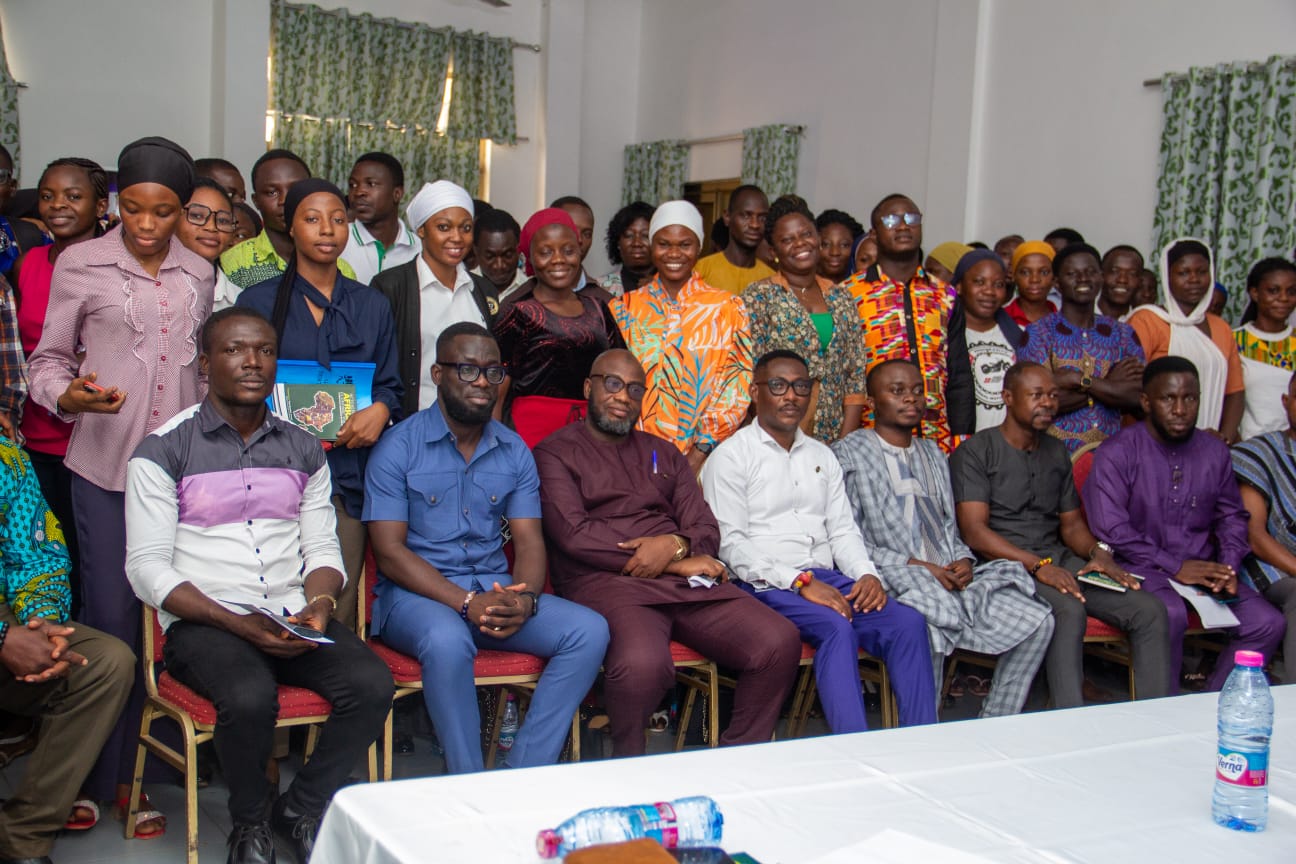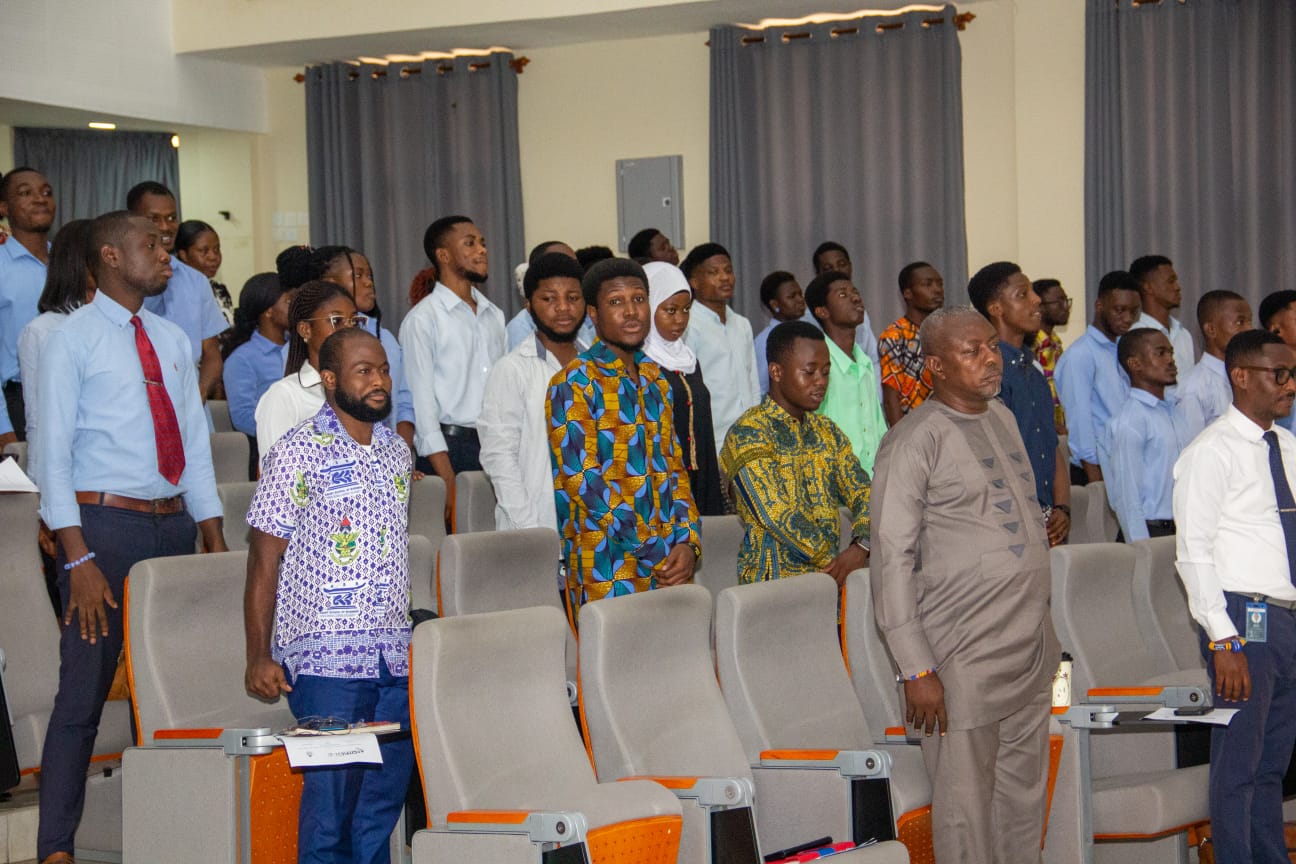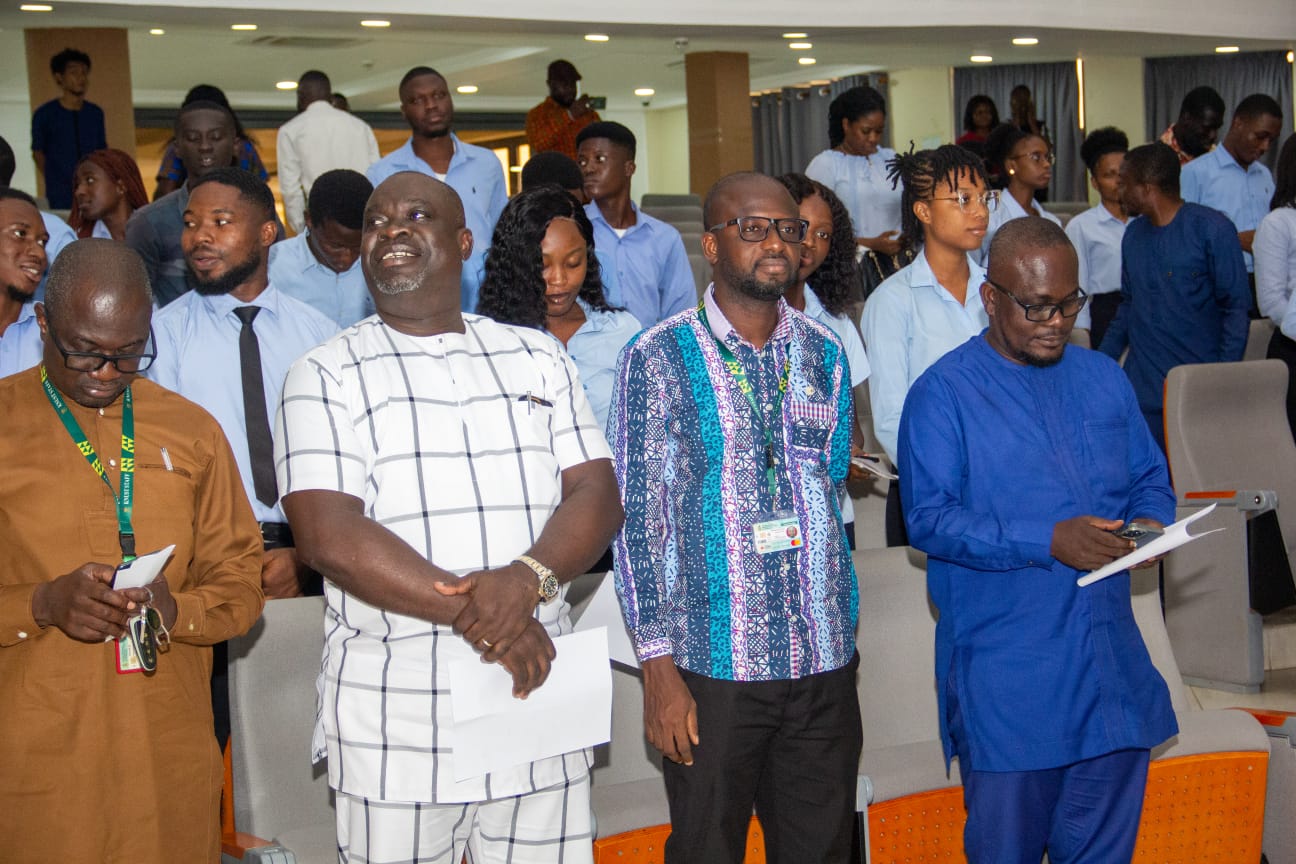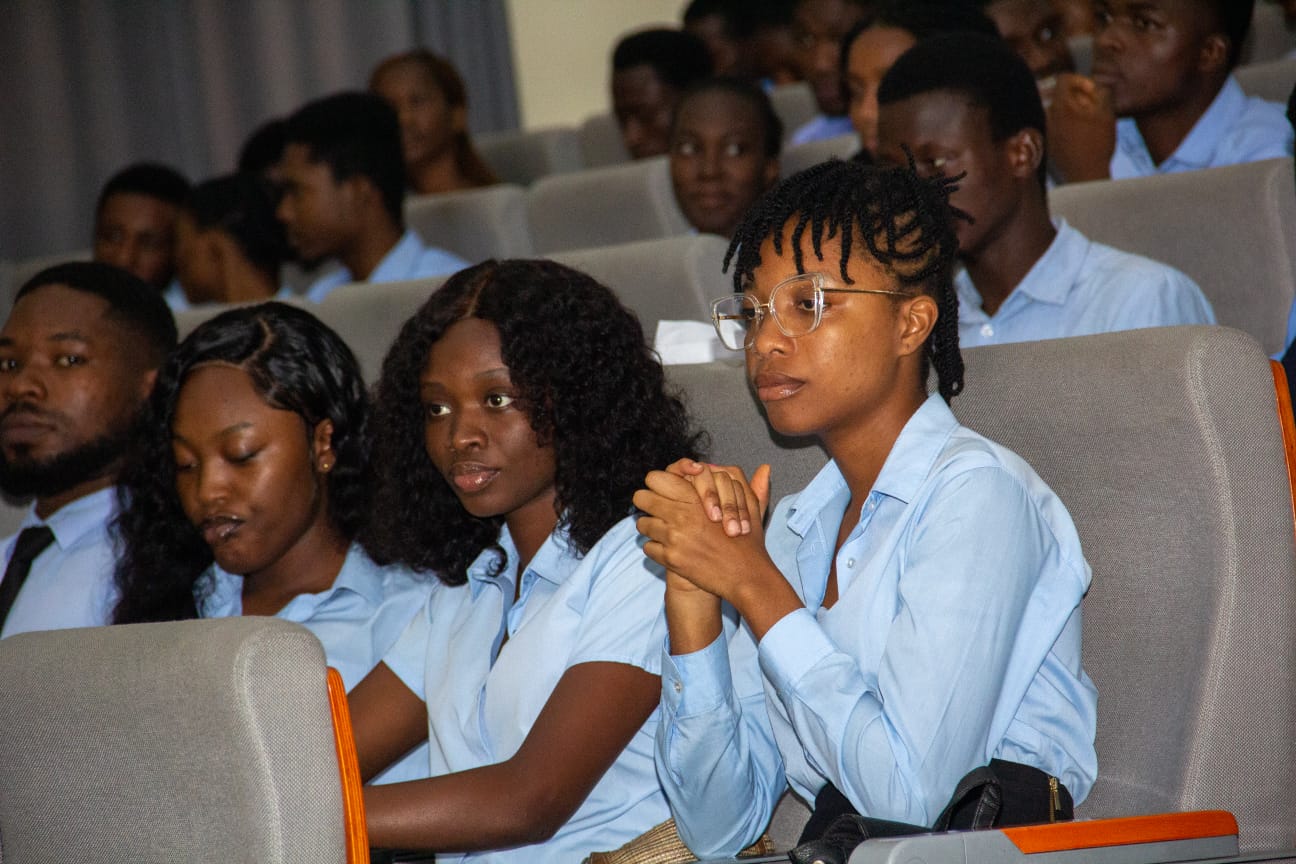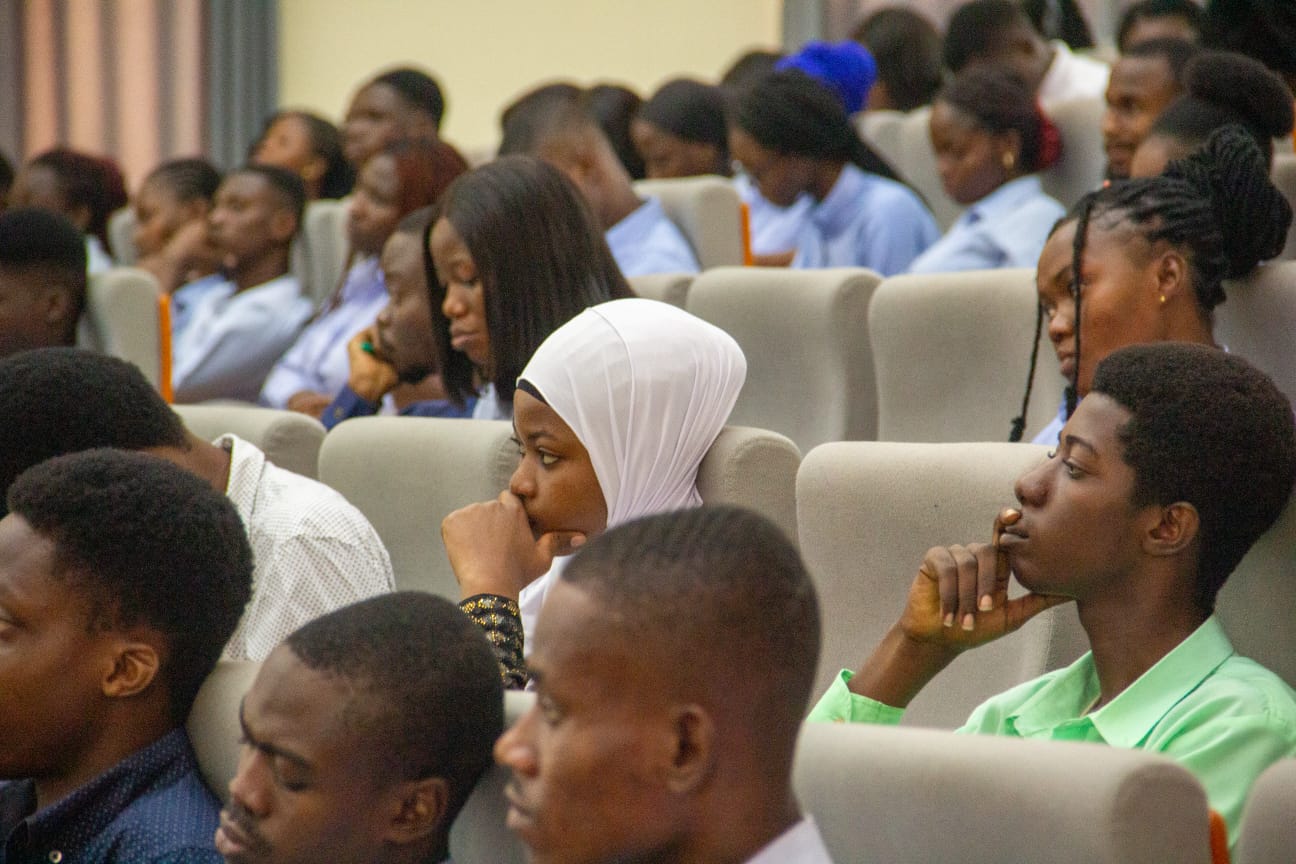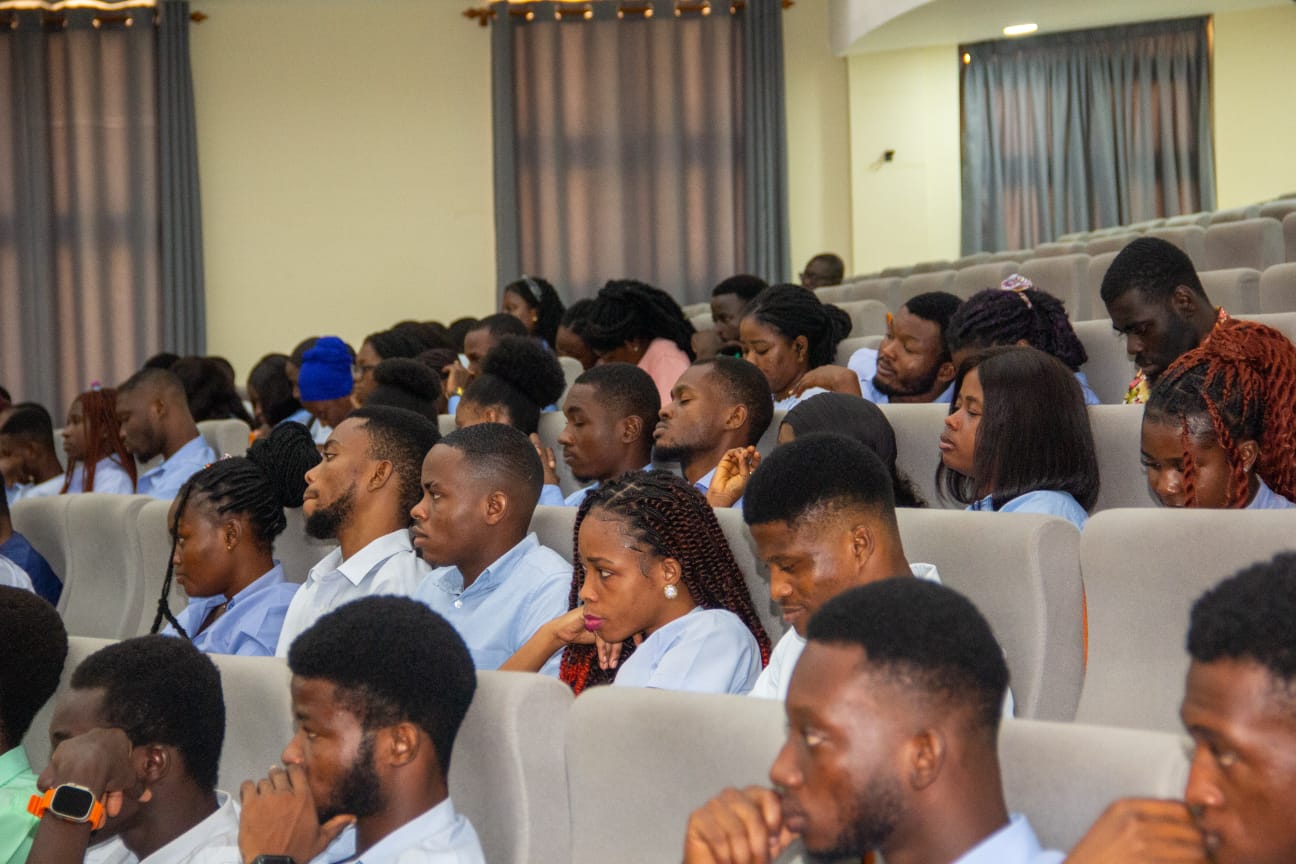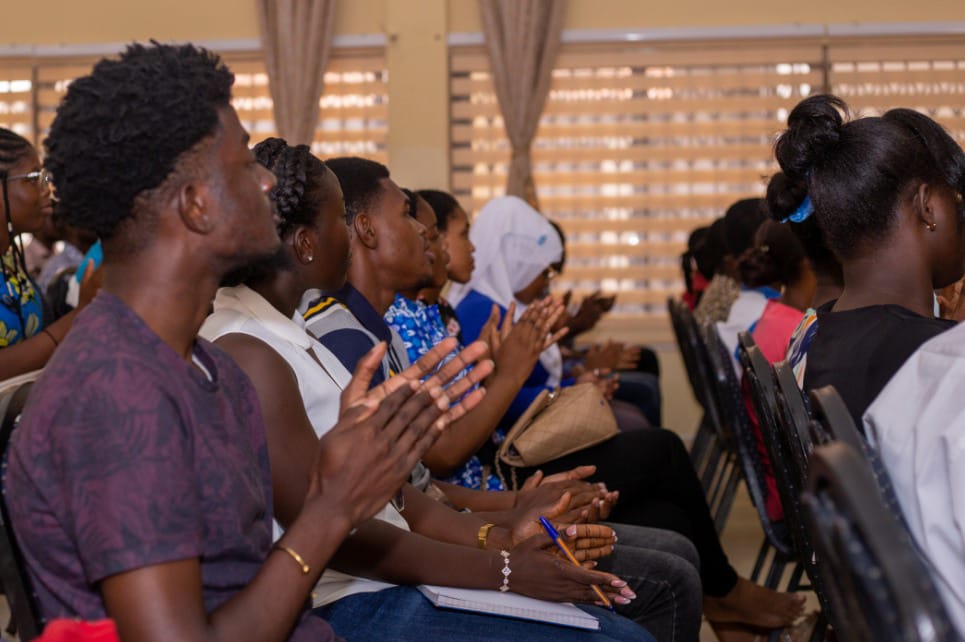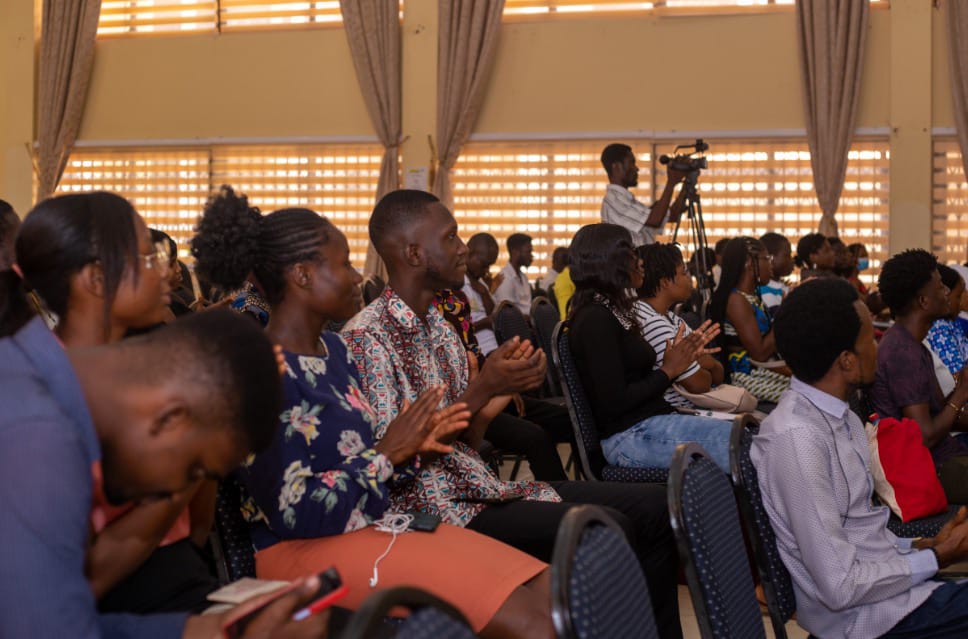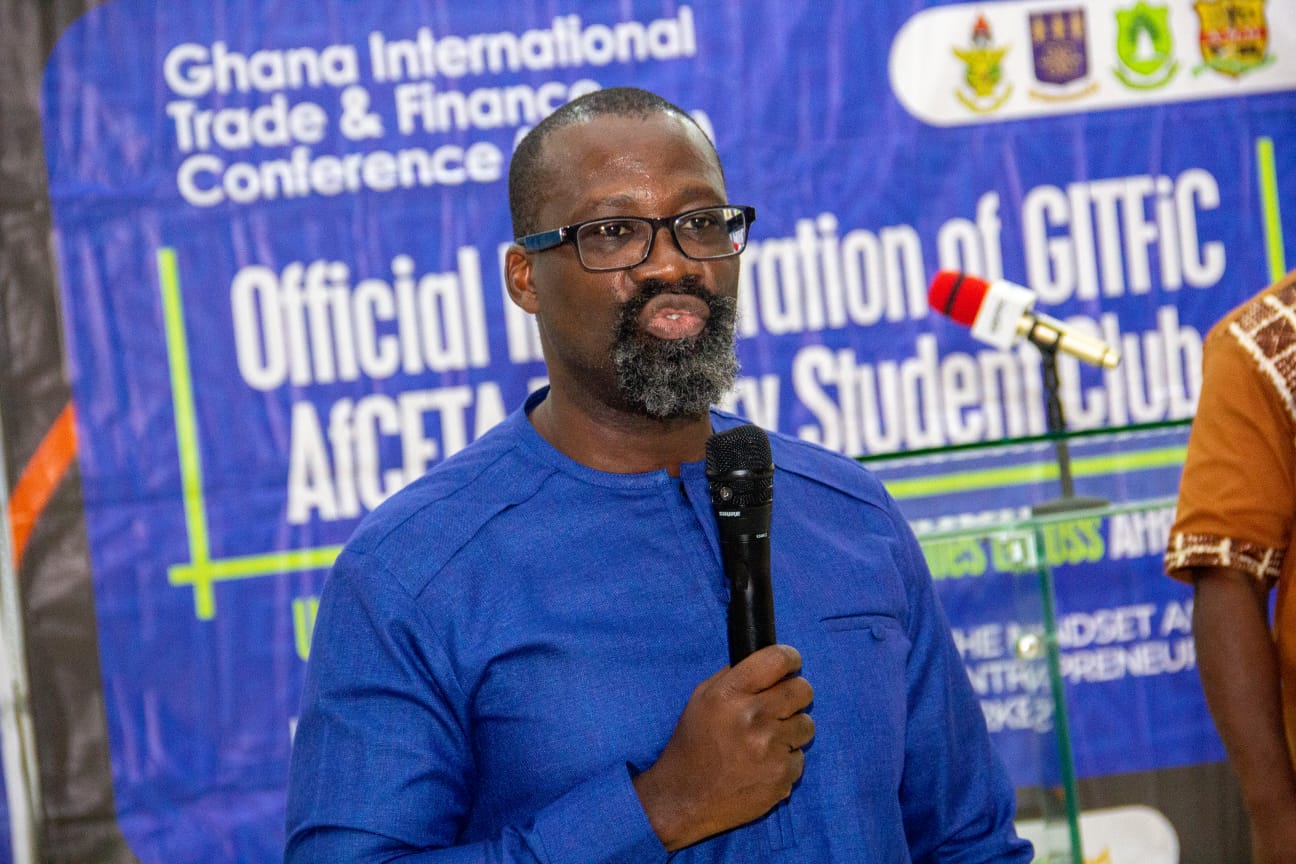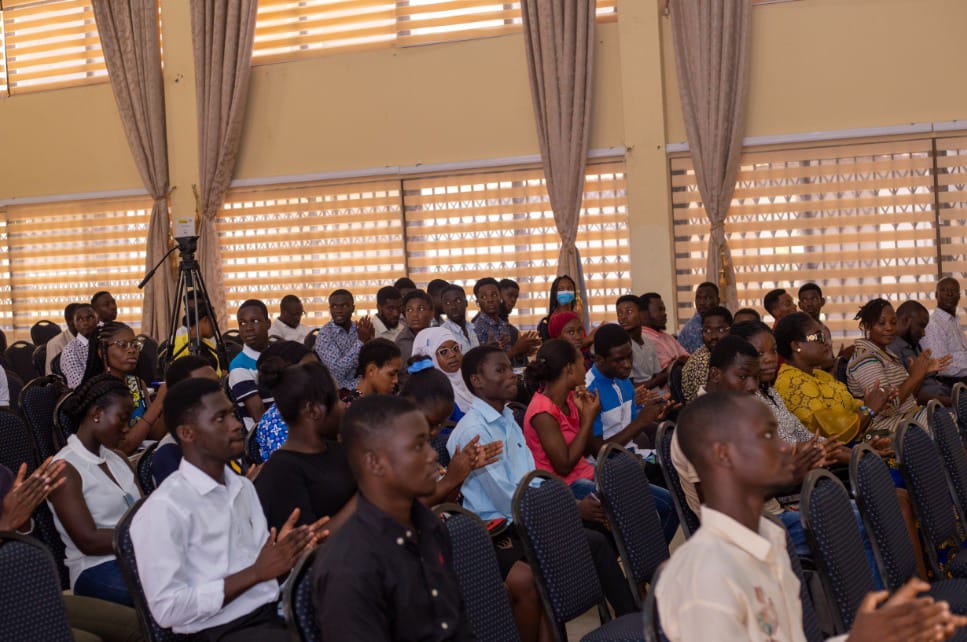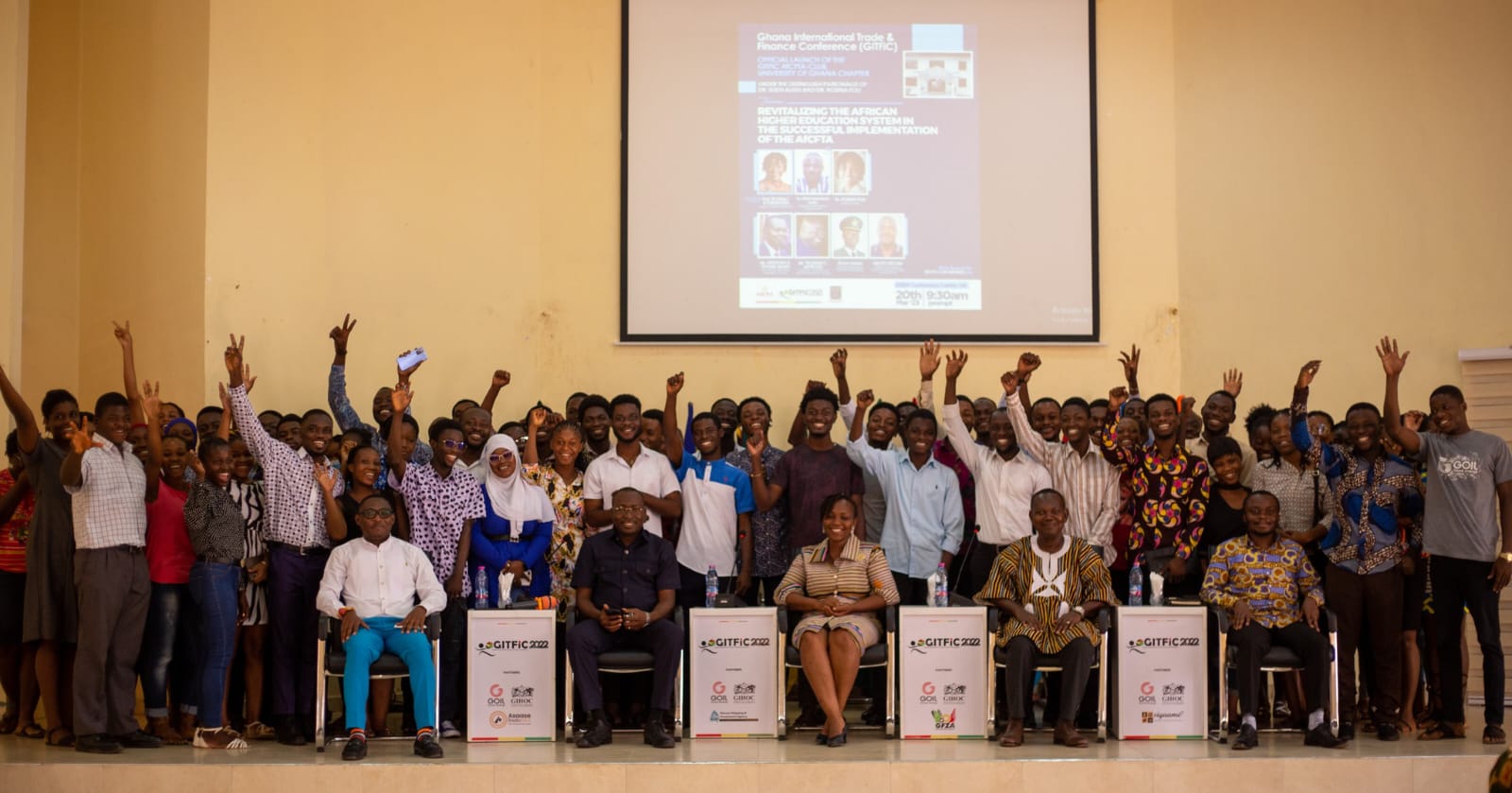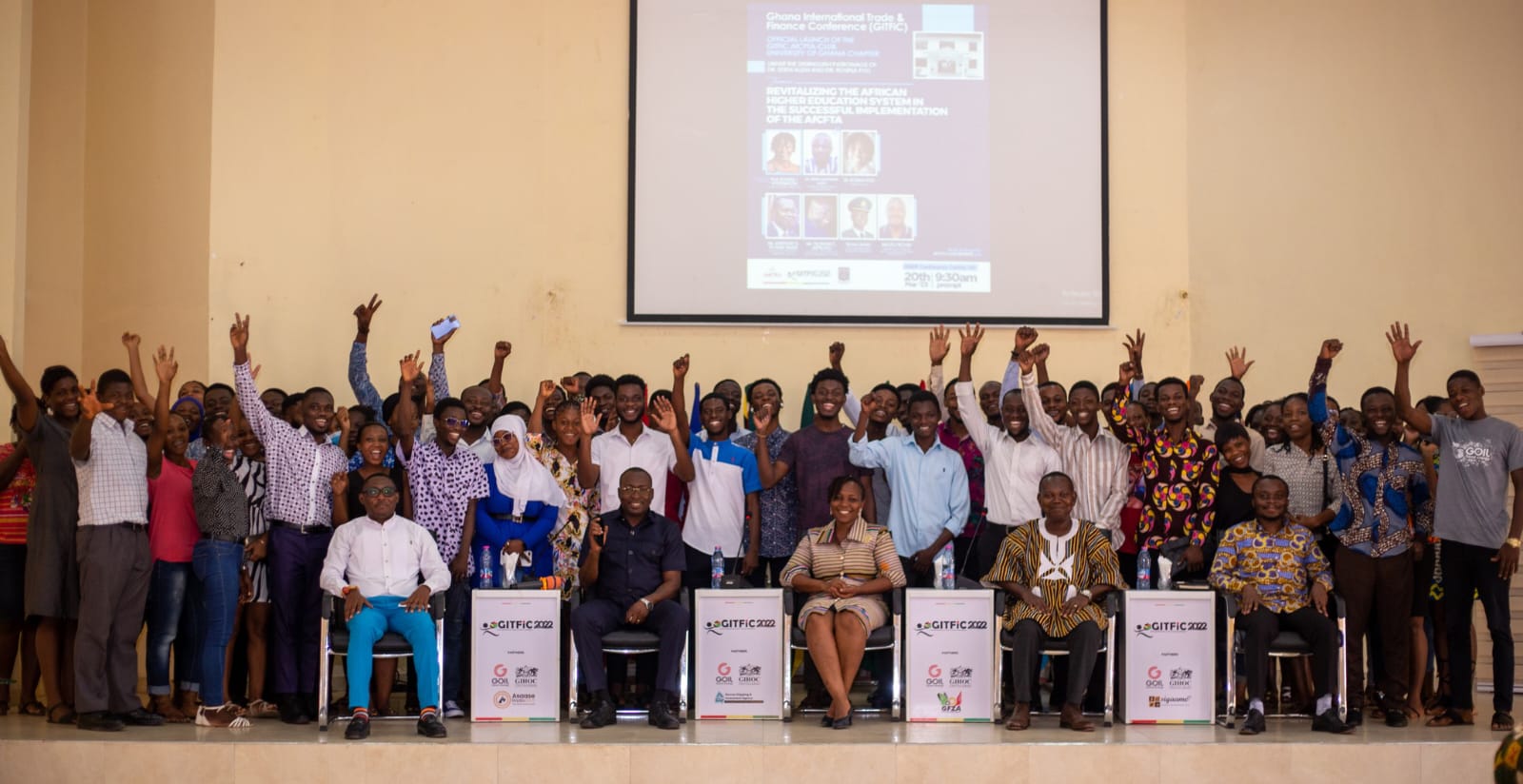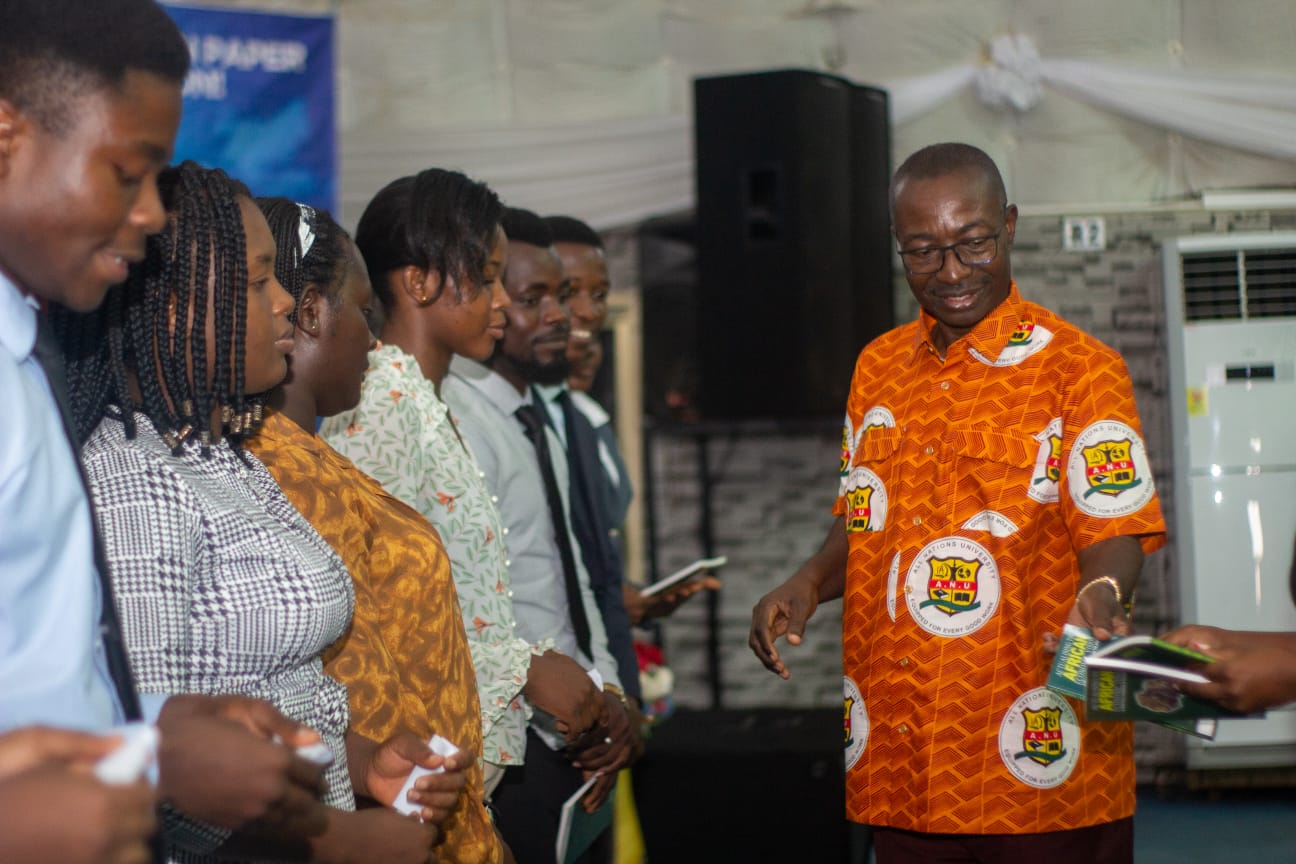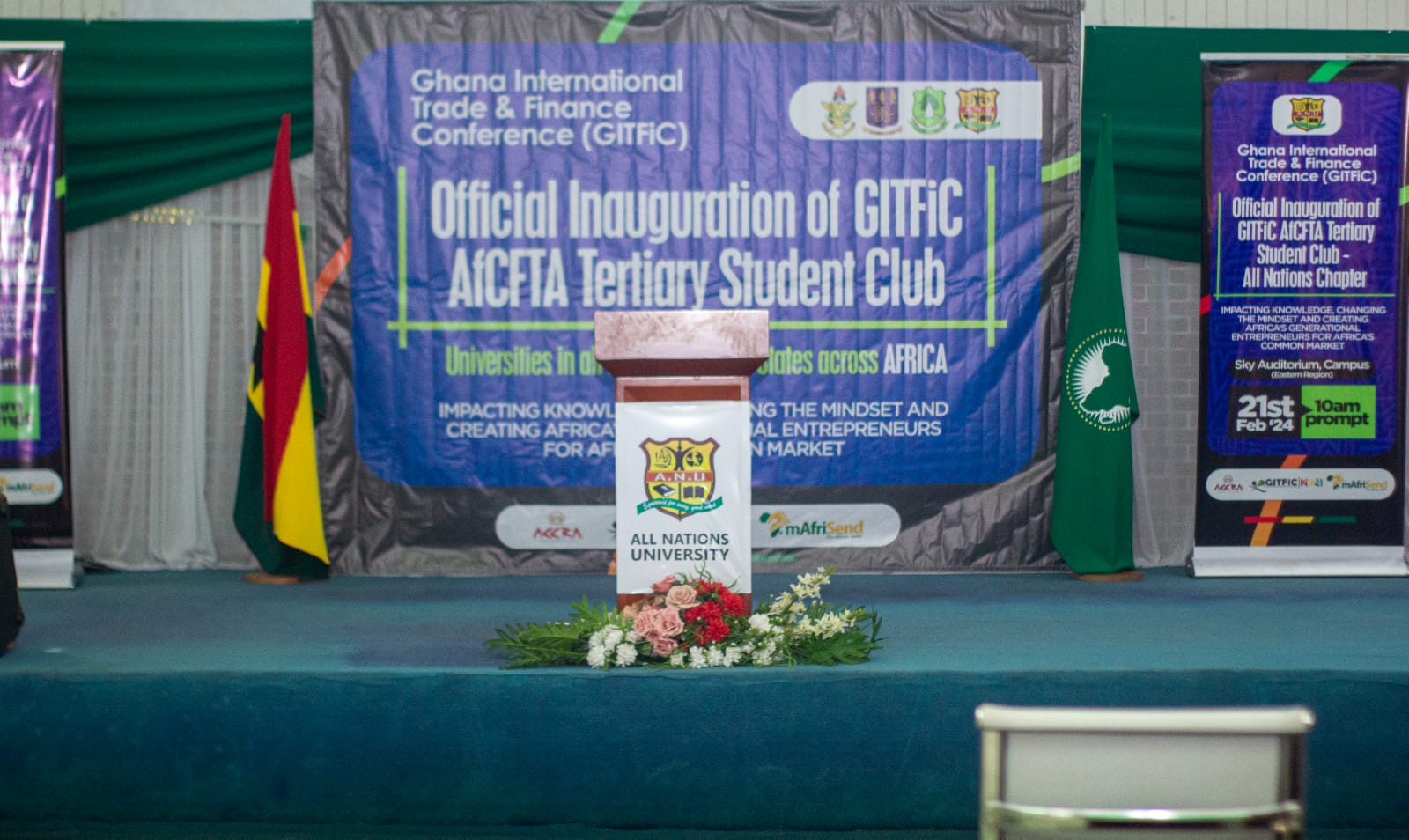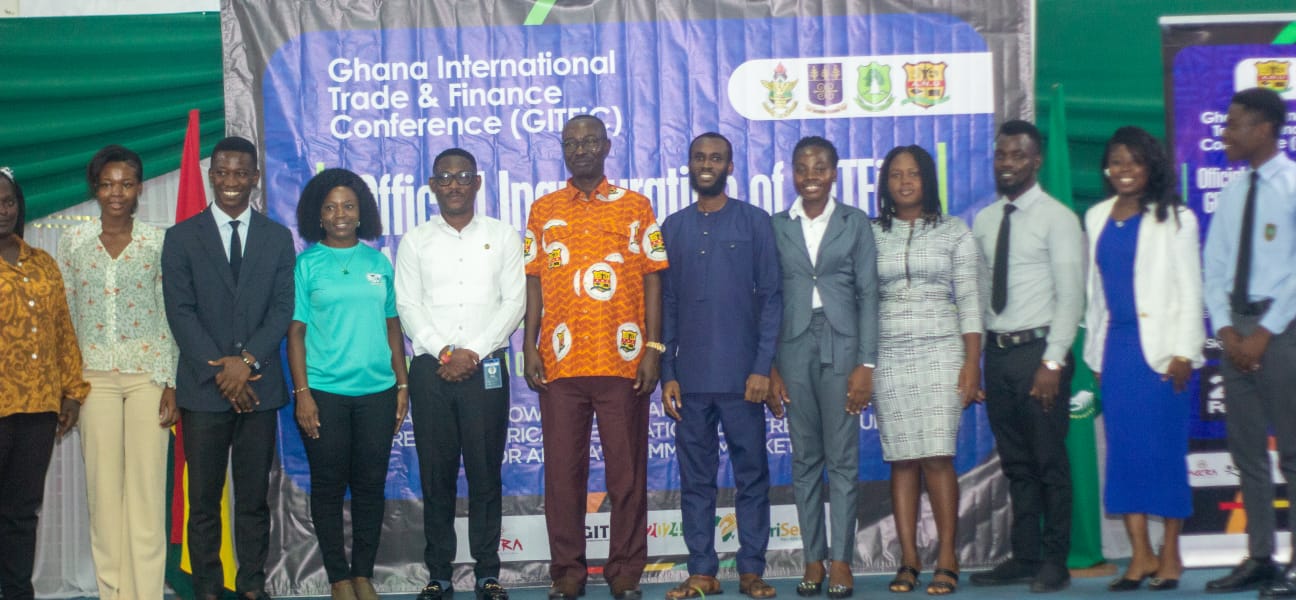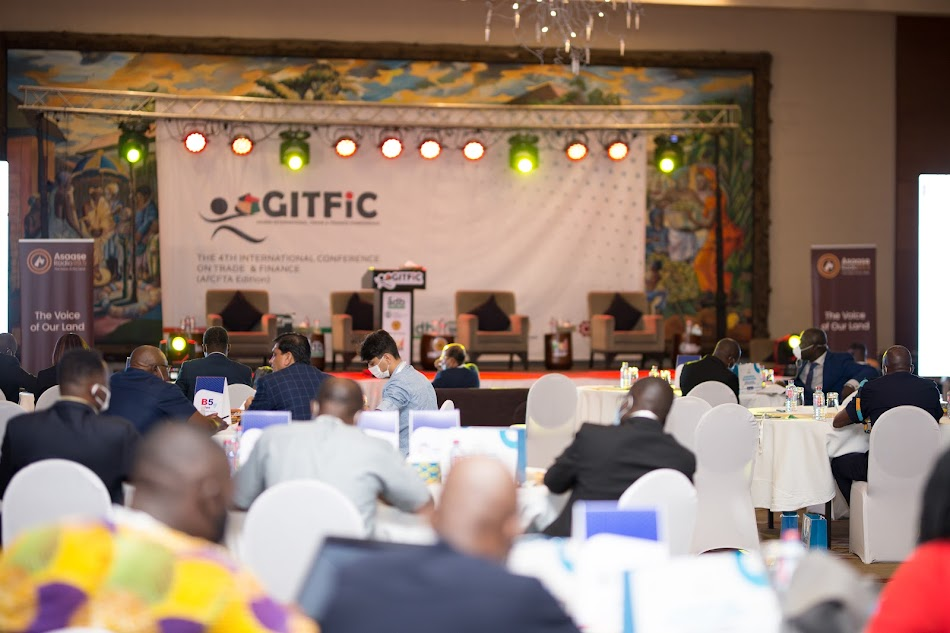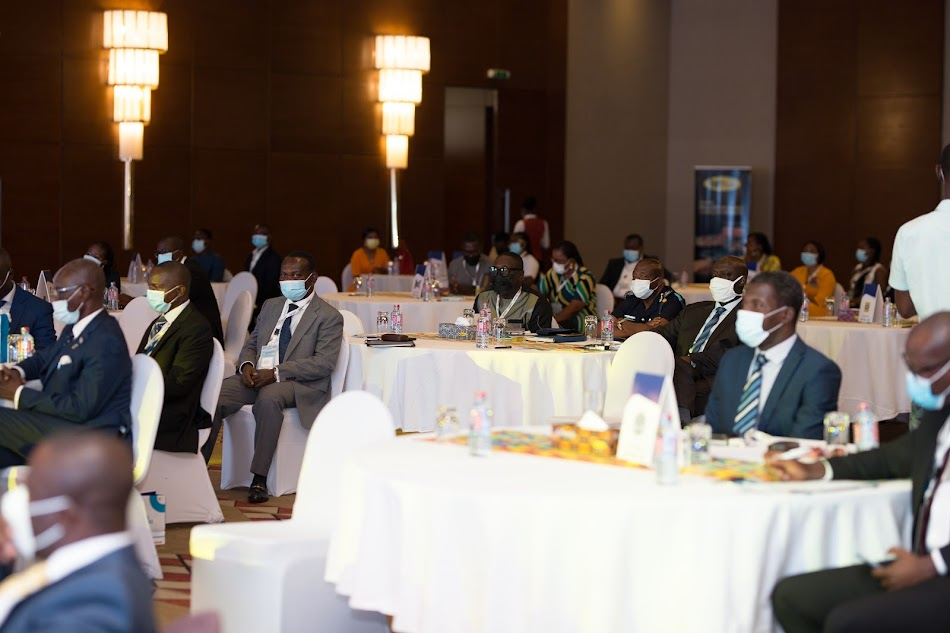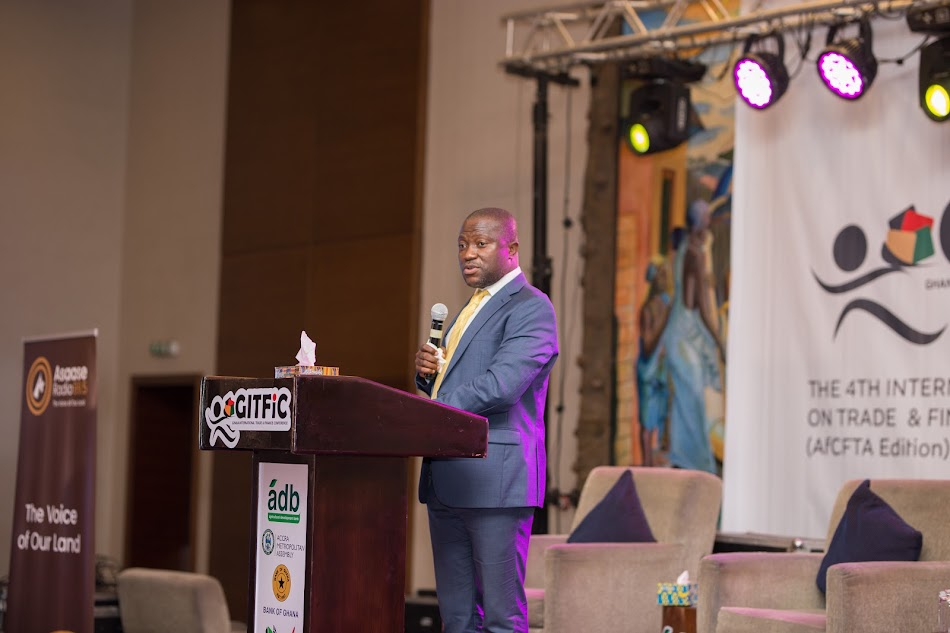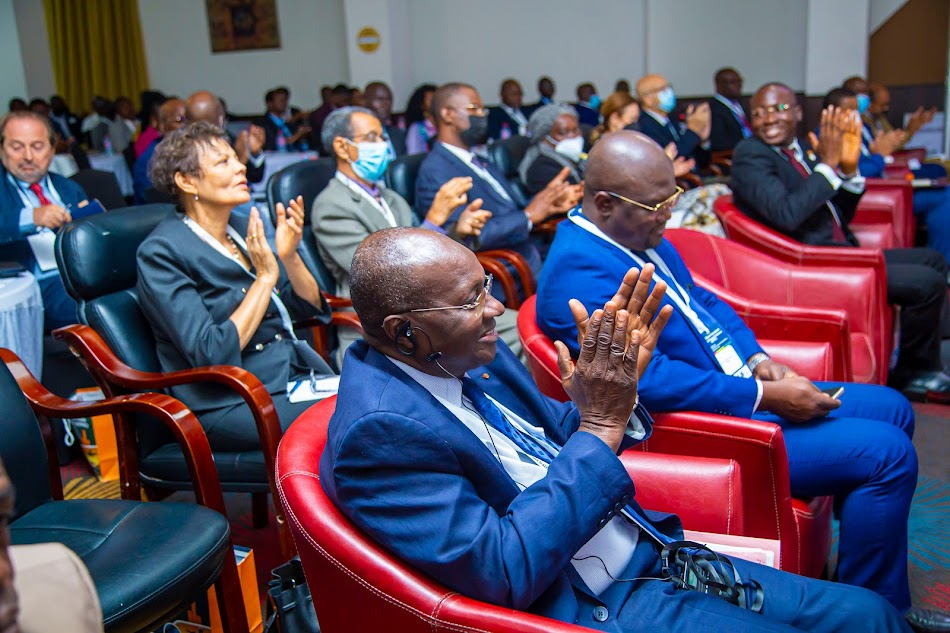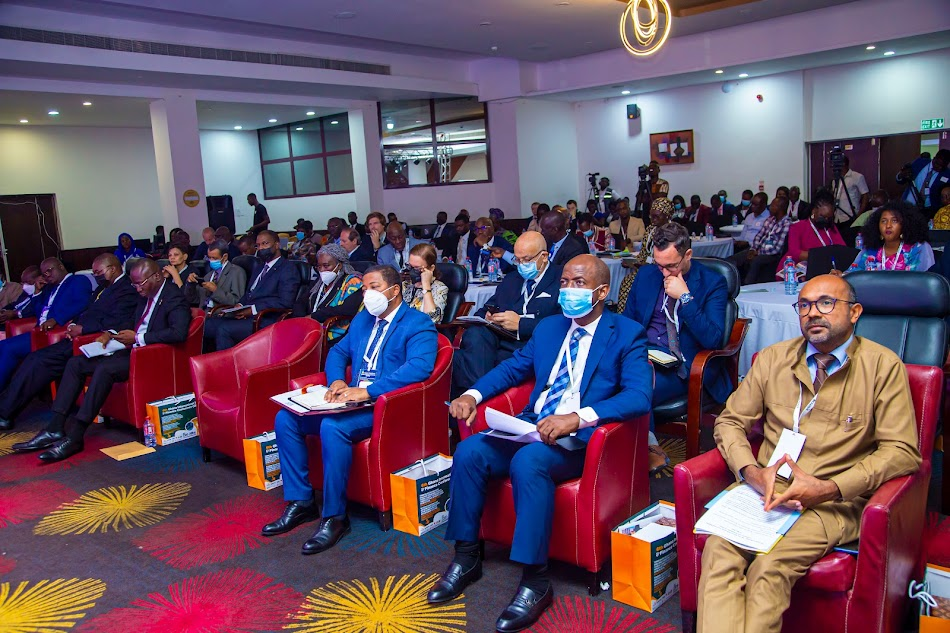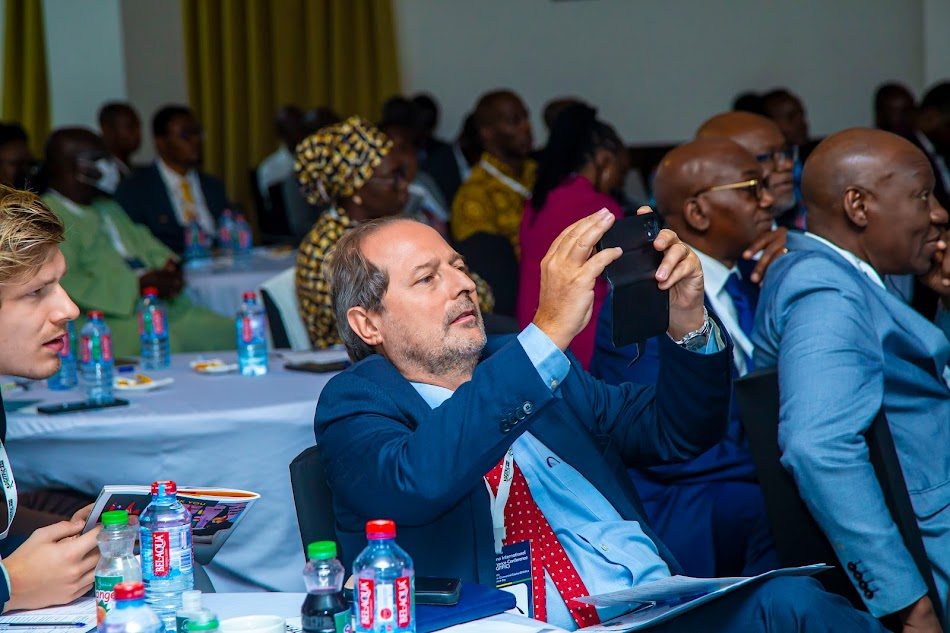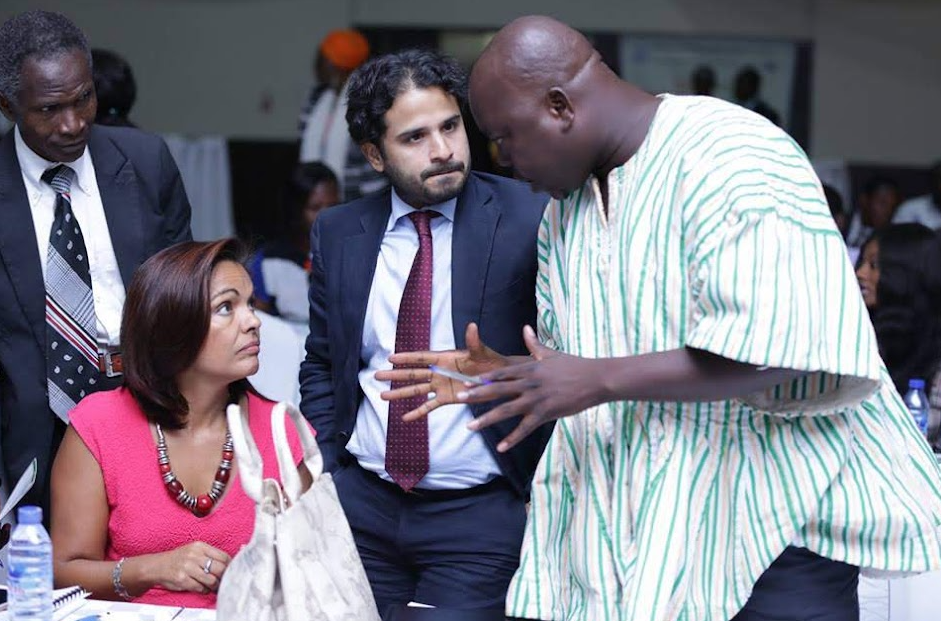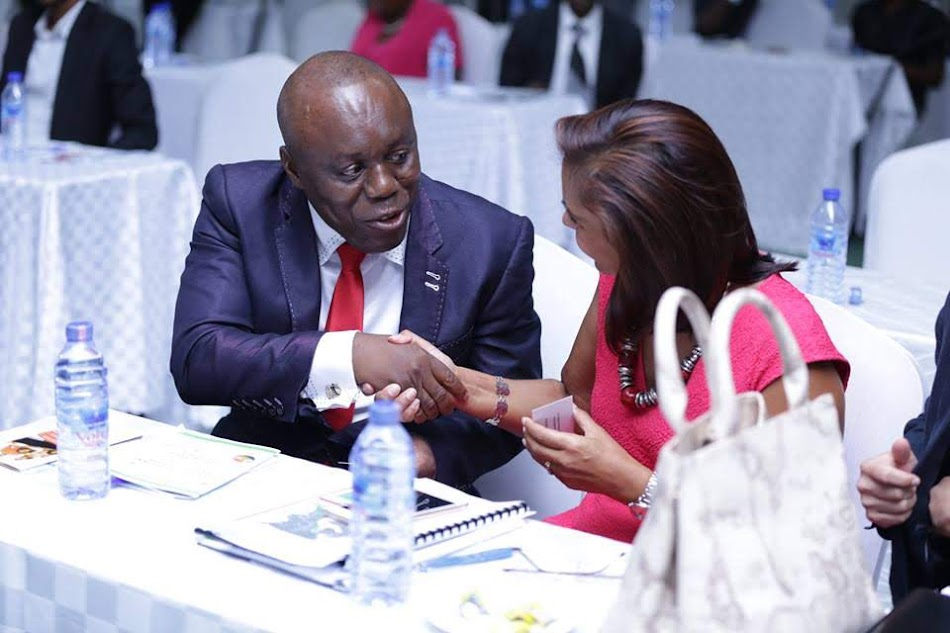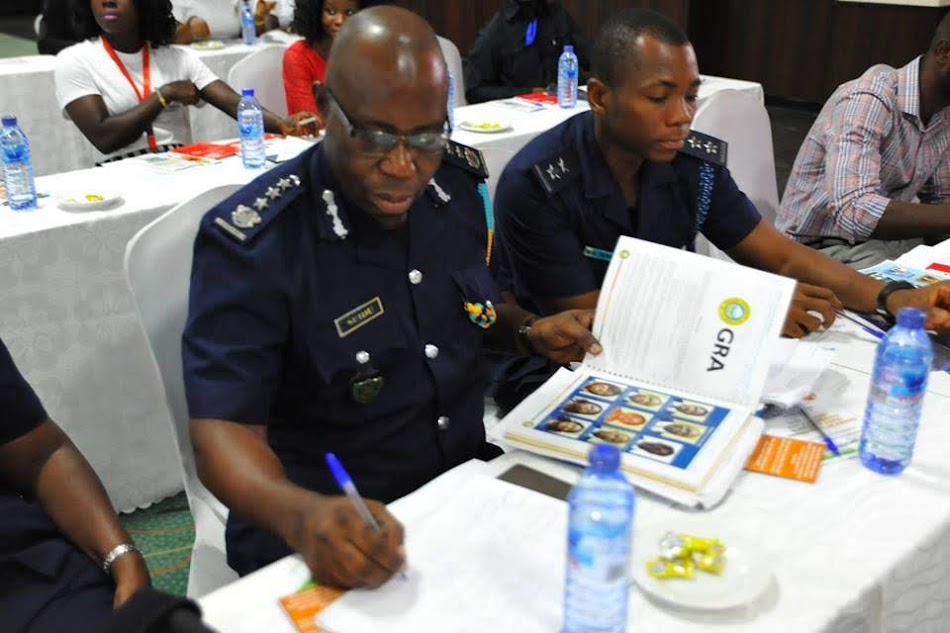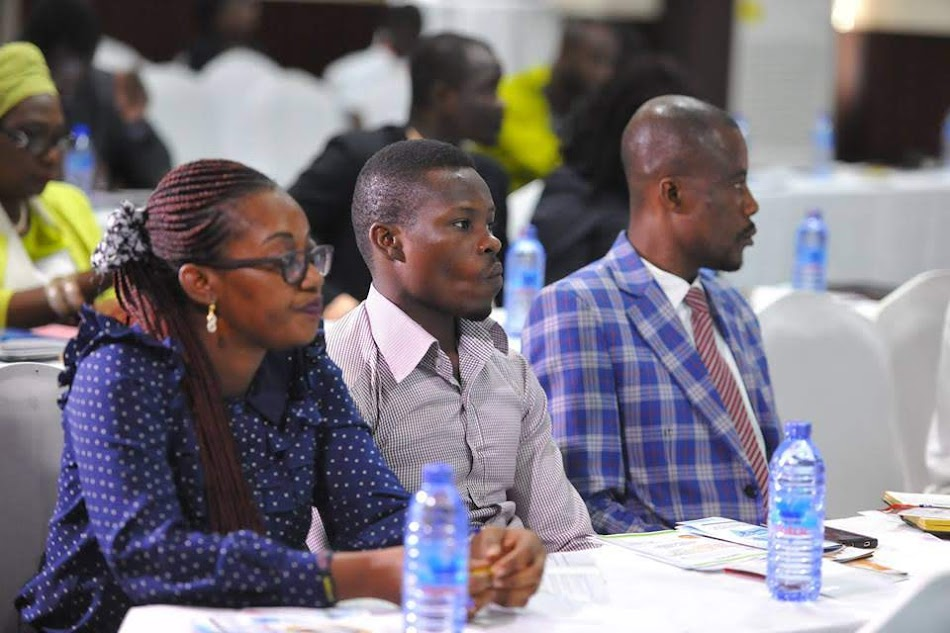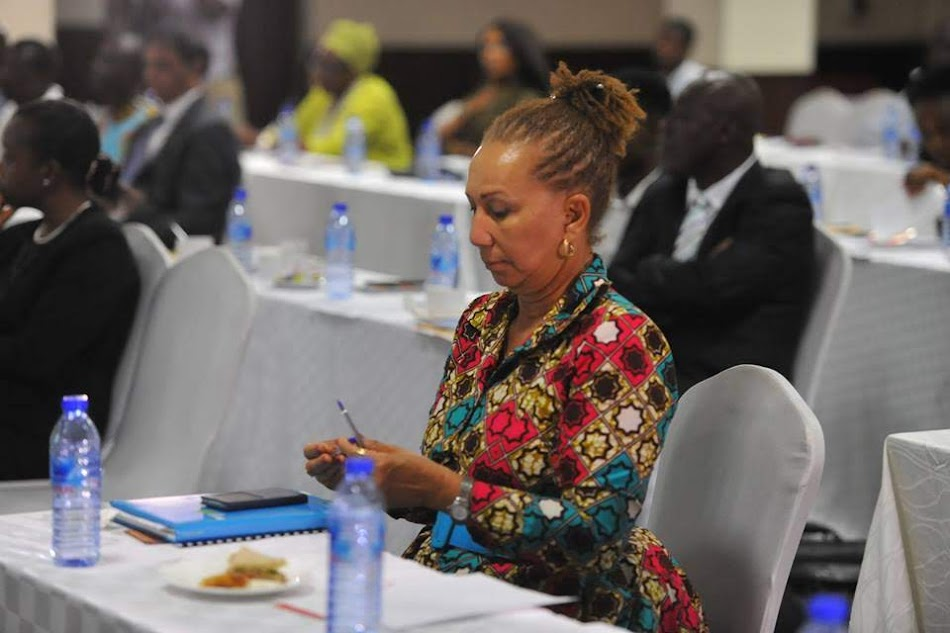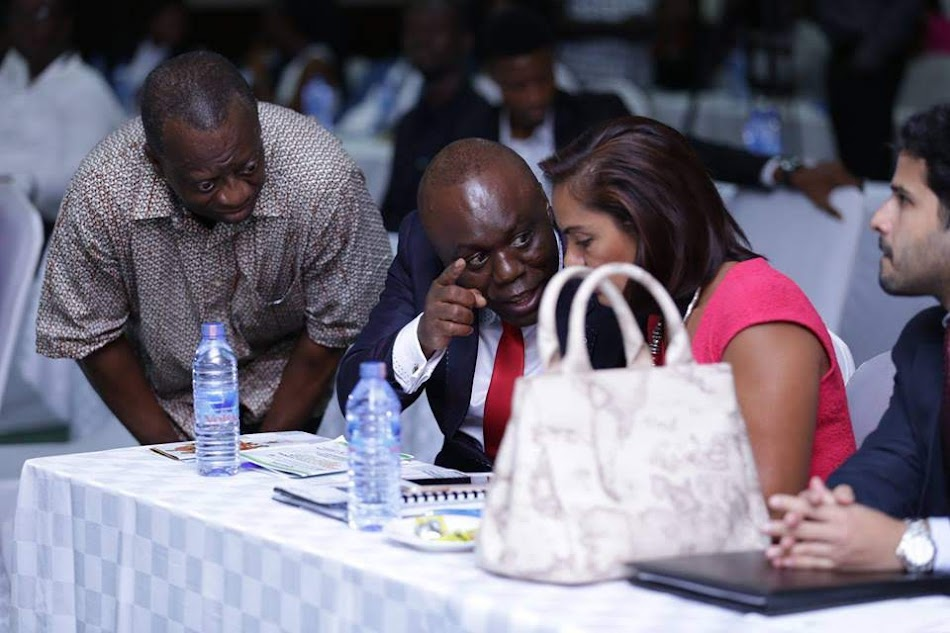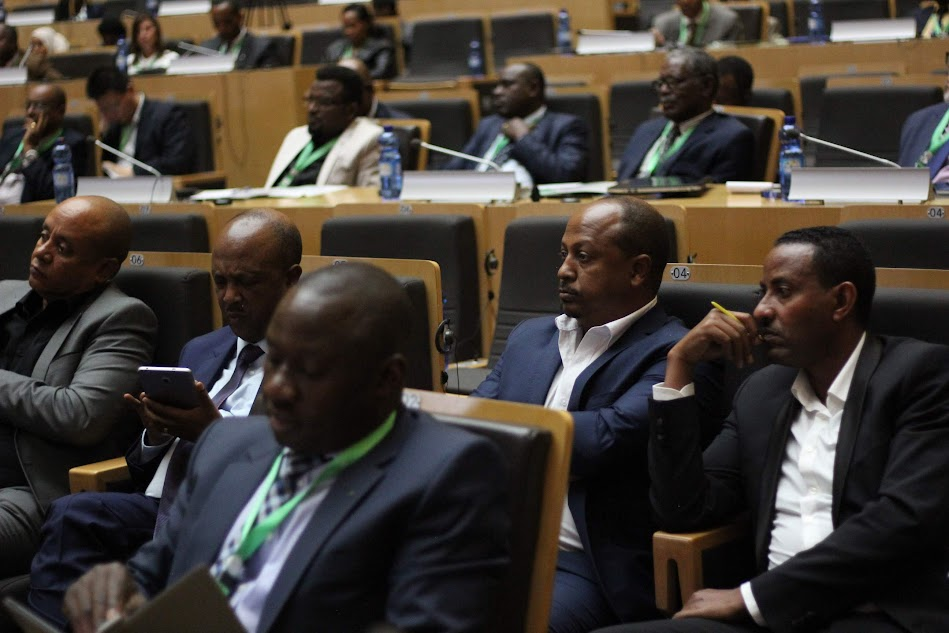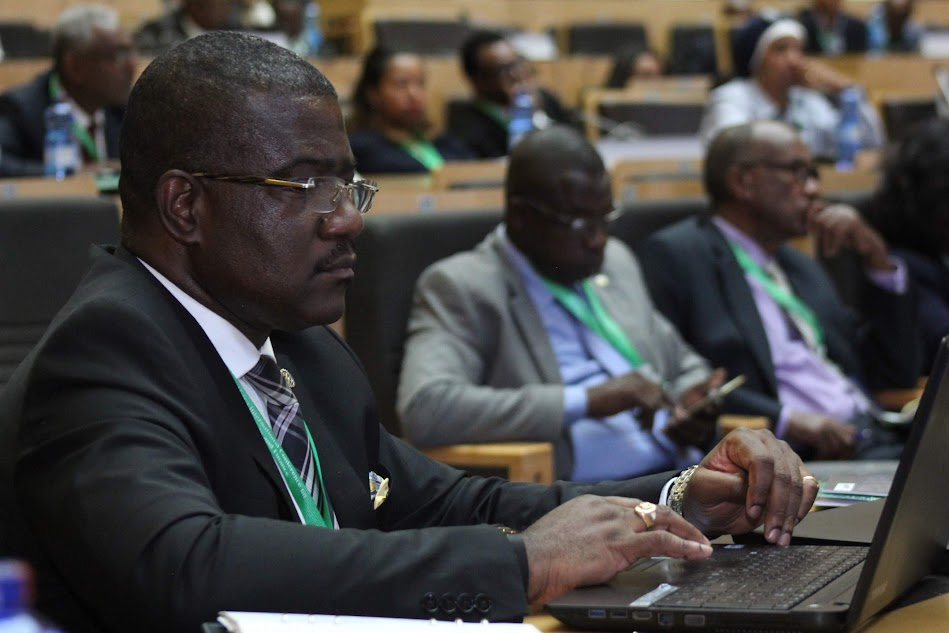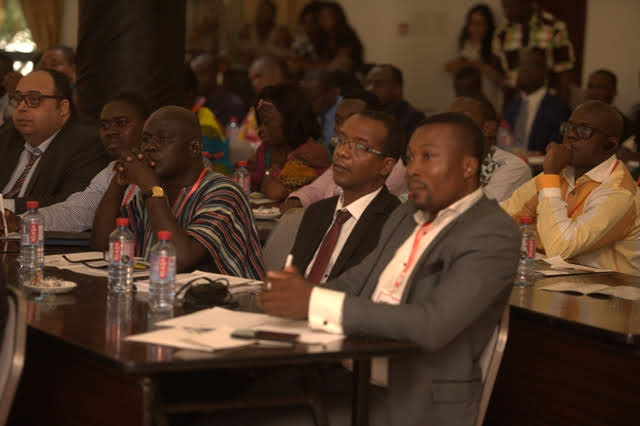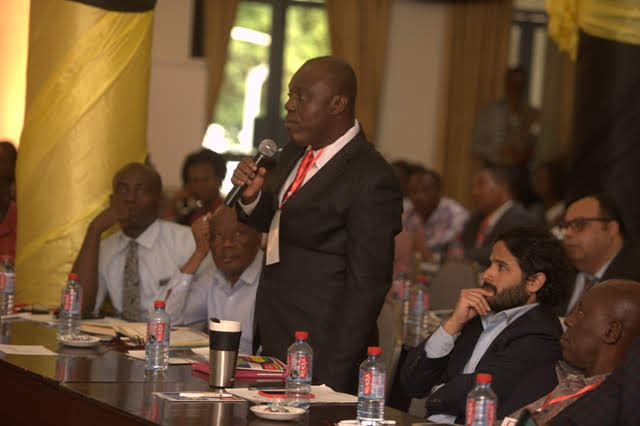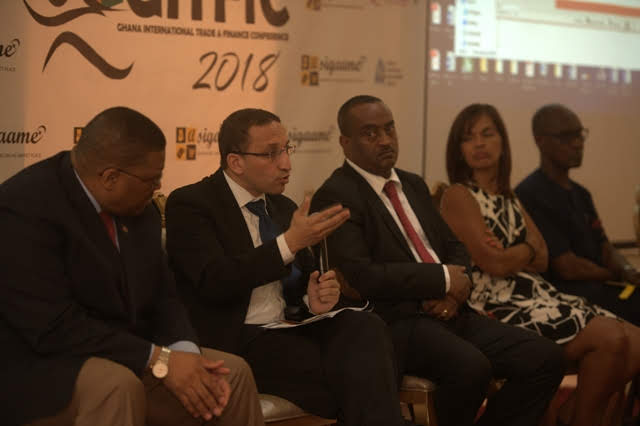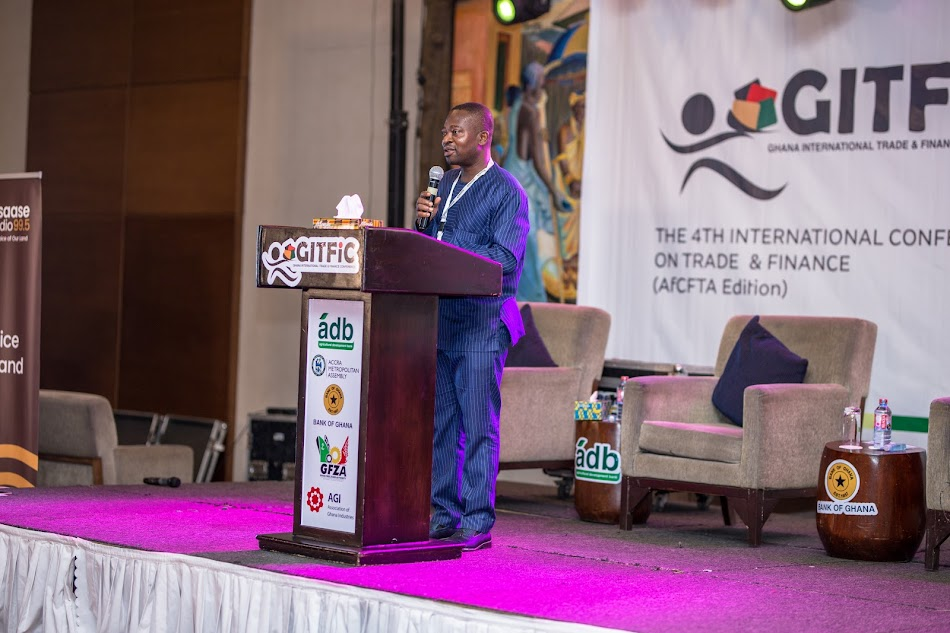Monthly Research
Report
January 2025 Research Report
TOPIC: REVIEW AND IMPACT OF AFRICAN CONTINENTAL FREE TRADE AREA (AfCFTA) SINCE ITS COMMENCEMENT TO DATE - PROGRESS AND IMPACT ASSESSMENT
Topic: Exchange Rate Stability in Ghana: Strategies and Solutions
Introduction
Ghana, a nation pulsating with economic ambition, has long grappled with the volatility of its currency, the Cedi. This dance of fluctuating exchange rates, while a global phenomenon, has taken on a particularly acute form in Ghana, casting a shadow over the nation’s economic aspirations. The Cedi’s rollercoaster ride, characterized by periods of sharp depreciation, has become a recurring theme, threatening to derail progress towards sustainable growth and development.
January 2025 Economic Advisory Report to Ghana's new Government
Topic: Economic Advice to the new Ghanaian Government lead by His Excellency John D. Mahama
Topic: Exchange Rate Stability in Ghana: Strategies and Solutions
Introduction
Ghana, a nation pulsating with economic ambition, has long grappled with the volatility of its currency, the Cedi. This dance of fluctuating exchange rates, while a global phenomenon, has taken on a particularly acute form in Ghana, casting a shadow over the nation’s economic aspirations. The Cedi’s rollercoaster ride, characterized by periods of sharp depreciation, has become a recurring theme, threatening to derail progress towards sustainable growth and development.
January 2025 Research Report
The Cost of Disunity: A Critical Analysis of the Implications of Member State Withdrawals from ECOWAS
January 2025 Report
THE IMPACT OF DIGITALIZATION ON ECONOMIC GROWTH IN AFRICA
This study examines the impact of digitalization on economic growth in Africa. The study finds that digitalization has the potential to drive economic growth and development in Africa by increasing access to financial services, improving the efficiency of businesses, and enhancing the delivery of public services. However, the study also identifies several challenges and considerations that need to be addressed, including the digital divide, infrastructure development and investment, cybersecurity and data privacy, digital skills and literacy, regulatory frameworks, and environmental sustainability.
January 2024 Report
The Impact of International Credit Rating Institutions on Africa's Fiscal and Monetary Policy: A Critical Analysis
In recent years, a growing sentiment among African Leaders in less developed and developing countries, particularly in Africa, is that credit rating institutions wield significant influence over their fiscal and monetary policies. The credit rating industry in the globe is dominated by the three international agencies: Moody’s, S&P and Fitch. Together they control an estimated 95% of the credit rating business globally.
February 2024 Report
Research Paper on: GLOBAL DEBT TO GDP POST COVID-19 (Sub-Saharan Africa)
This paper examines the profound impact of the post-COVID-19 pandemic on the debt-to-GDP ratio in Sub-Saharan Africa and delves into the mechanisms through which these impacts have transpired. The COVID-19 crisis has presented unique challenges for economies worldwide, and Sub-Saharan Africa is no exception. The region has experienced significant disruptions in various economic facets, leading to a reassessment of its fiscal dynamics and debt sustainability.
March 2024 Report
Research Paper on: UNRAVELLING THE GLOBAL CENTRAL BANKS’ LOSSES
A Case Study of The Swiss Central Bank, Central Bank of the Czech Republic, European Central Bank, Federal Reserve of USA, The Central Bank of England, the Central Bank of Zambia and The Central Bank of Ghanay.
November 2023 Report
REPOSITIONING WOMEN IN TRADE UNDER THE AFCFTA: THE PROTOCOL ON WOMEN AND YOUTH IN TRADE
The AfCFTA stands as a cornerstone initiative for Africa, aimed at accelerating the realization of the objectives outlined in Agenda 2063 and the 2030 Sustainable Development Goals (SDGs). These frameworks provide a roadmap for achieving prosperity throughout the continent. The AfCFTA, which integrates 1.3 billion people across 55 countries, boasting a combined GDP of US$3.4 trillion, presents a significant opportunity for African Continent. To capitalize on this, African countries must expedite their socioeconomic transformation.
Selected Treaties empowering Women in Trade
Southern African Development Community (SADC) – 1992
Article 5 (1) (k) of the Treaty highlights the integration of gender considerations as one of SADC’s objectives in the community building process. This forms the basis for the development of the SADC Protocol on Gender and Development. The SADC Protocol on Gender and Development (2008) encompasses specific provisions addressing gender-related aspects, including constitutional and legal rights, governance, education and training, productive resources and employment, gender-based violence, health, HIV and AIDS, peacebuilding and conflict resolution, media, information, and communication. The Protocol is built on the premise that integrating and mainstreaming gender issues into SADC Programs of Action and Community Building Initiatives is pivotal for the region’s sustainable development. The Protocol also guarantees women’s access to property and resources (Article 18) and equal access to employment and its associated benefits. It further rests on the alignment of national laws, policies, strategies, and programs with relevant regional and international instruments aimed at empowering women and facilitating the development of human, technical, and financial capabilities for the Protocol’s implementation. Among its objectives, the Protocol seeks to empower women, eradicate discrimination, and achieve gender equality and equity through the development and execution of gender-responsive legislation, policies, programs, and projects. Additionally, it addresses emerging gender-related issues and concerns. SADC State Parties commit to ensuring equal participation of both women and men in policy formulation and the implementation of economic policies (Article 15).
Article 17 mandates State Parties to:
i. Formulate policies and enact laws to ensure equal access, benefits, and opportunities for women and men in trade and entrepreneurship, taking into consideration women’s contributions in both formal and informal sectors.
ii. Review their national trade and entrepreneurship policies to align them with gender-responsive principles.
iii. Implement measures to ensure that women have equal access to economic opportunities, including those generated through public procurement processes, in accordance with the affirmative action provisions outlined in Article 5.
Economic Community of West African States (ECOWAS) – 1993
Article 3 (2) (l) outlines the Community’s commitment to progressively fostering and strengthening relationships while promoting the flow of information. This promotion is particularly targeted at rural populations, women, youth organizations, and socio-professional organizations, including media associations, businesspersons, workers, and trade unions. In Article 63, titled ‘Women and Development,’ Member States pledge to formulate, harmonize, coordinate, and establish appropriate policies and mechanisms to improve the economic, social, and cultural conditions of women. Consequently, Member States are obliged to:
i. Identify and evaluate all barriers hindering women from fully contributing to regional development efforts.
ii. Create a framework for addressing these impediments.
iii. Integrate women’s concerns and requirements into the regular functioning of society.
At the Community level, Member States shall:
i. Promote dialogue among themselves regarding projects and programs designed to integrate women into the development process.
ii. Establish a cooperative mechanism involving bilateral, multilateral, and non-governmental organizations.
iii. Foster and develop methods to facilitate the exchange of experiences and information among Member States.
In Article 61 (2), Member States commit to cooperating to mobilize different segments of the population and ensure their effective participation in the region’s social development. To accomplish this, Member States pledge to support women’s and youth organizations and professional associations as a means of engaging a broad spectrum of the population in the Community’s activities. Additionally, in accordance with Article 82 (1), the Community will collaborate with socio-economic organizations and associations, including women and youth, to mobilize various actors in socio-economic life for regional integration.
The Common Market for Eastern and Southern Africa (COMESA) – 1994
Chapter 24 of the Treaty pertains to ‘Women in Development and Business. Article 154 acknowledges the substantial role women play in driving socio-economic transformation and sustainable growth. It underscores the essentiality of women’s full involvement in effective programs for enhancing rural development and informal sector advancements. Article 155 emphasizes women’s significance as a crucial economic link in the realms of agriculture, industry, and trade. Consequently, Member States commit to the following actions:
i. Enhance awareness of issues related to women in business at the policy level.
ii. Create a conducive environment to enable women’s active participation in Common Market trade and development endeavors.
iii. Promote specialized initiatives targeting women engaged in small- and medium-sized enterprises.
iv. Remove legal and regulatory obstacles that impede women’s access to credit.
v. Initiate adjustments in education and training to empower women in improving their technical and industrial employment prospects through the acquisition of transferable skills provided by various forms of vocational and on-the-job training programs.
vi. Acknowledge and provide support to the Federation of National Associations of Women in Business, established to facilitate women’s effective participation in Common Market trade and development activities.
East African Community (EAC) – 1999
Article 5(3) (e) encompasses “the integration of gender considerations into all aspects of its initiatives and the advancement of the role of women in cultural, social, political, economic, and technological progress” as one of the Community’s objectives. Pursuant to Article (6) (d), gender equality stands as one of the fundamental principles guiding Partner States in achieving the Community’s objectives. Chapter 22 of the Treaty contains provisions aimed at amplifying the role of women in socio-economic development. In Article 121, Partner States acknowledge the substantial contribution of women to the process of socio-economic transformation and sustainable growth. They further acknowledge that it’s impossible to execute effective programs for women’s economic and social development without their full participation. Consequently, Partner States are duty-bound to enact suitable legislative and other measures to ensure women’s complete involvement.
EAC Partner States also recognize the significance of women as a crucial economic bridge connecting agriculture, industry, and trade. They commit to:
i. Augment the involvement of women in business at both the policy formulation and implementation levels.
ii. Foster specialized programs for women across small, medium, and large-scale enterprises.
iii. Eradicate all laws, regulations, and practices impeding women’s access to financial assistance, including credit.
iv. Initiate adjustments in educational and training strategies to empower women to enhance their technical and industrial employment prospects through transferable skills available in various vocational and on-the-job training schemes.
v. Acknowledge and provide support to national and regional associations of women in business, established to encourage women’s effective participation in the trade and development activities of the Community.
Women; the Engine of Intra African Trade under the African Continental Free Trade Area
An AfCFTA Protocol dedicated to Women is a much-needed instrument. It can address practical trade-related issues and persistent challenges related to both informal and formal trade in Africa. This protocol can offer solutions to the issues faced by women traders in numerous African countries and regions. These challenges are deeply rooted and systemic, making it impossible to effectively address them through uncoordinated national efforts. To comprehensively address these gender-related trade issues, there should be a dedicated AfCFTA legal instrument that outlines specific obligations for the State Parties and establishes tailored institutional arrangements. Beyond trade, the AfCFTA Agreement explicitly aims to foster the development of Africa’s people.
The preamble of the Agreement underscores the significance of gender equality for international trade and economic cooperation in the region. Article 3(e) outlines one of the general objectives, which is to “promote and attain sustainable and inclusive socio-economic development, gender equality, and structural transformation.” Additionally, Article 27.2(d) of the Protocol on Trade in Services explicitly references the improvement of the export capacity of formal and informal service providers, with a particular focus on micro, small, and medium-sized operators and “women and youth service providers” (African Union, 2018). These provisions clearly demonstrate African countries’ commitment to gender equality, women’s empowerment, and youth development.
Consequently, the AfCFTA is anticipated to create new trade and entrepreneurial opportunities for women in both the formal and informal sectors across various fields, including agriculture, manufacturing, and services.
However, it is crucial to recognize that the benefits for women and youth under the AfCFTA Agreement will not automatically materialize. Achieving these benefits requires a deeper understanding of the necessary actions at both the national and regional levels to enhance economic opportunities for women. Trade, while capable of promoting greater gender equality, is not gender neutral. Women and men experience trade effects differently due to variations in their economic representation and various social inequalities. It has become increasingly clear that women and youth engaged in trade often lack the essential skills, technology, and resources needed to benefit from trade and trade liberalization. They continue to face issues such as invisibility, stigmatization, violence, harassment, poor working conditions, and a lack of recognition for their economic contributions (Maphanga, 2018). A 2016 Africa Human Development Report reveals that gender inequality costs sub-Saharan Africa an average of US$95 billion annually (United Nations Development Programme, 2016). As such, gender equality is instrumental in achieving sustainable economic and social development and should be integrated into Africa’s trade agenda to foster sustainable and inclusive economic growth.
To ensure the effective realization of the AfCFTA’s promise for women and youth, Member States are expected to develop national implementation strategies for the AfCFTA Agreement. These strategies must incorporate gender and youth considerations, and gender- and youth-sensitive trade policies should be formulated and implemented to enable these groups to harness the transformative potential of trade expansion under the AfCFTA. Women and youth should also play central roles in trade policy analyses, discussions, and negotiations at both national and regional levels, as their active participation and meaningful engagement are critical in trade processes. To harness the full benefits of the gender protocol, it is essential to identify the areas affecting gender equality on the continent. Typically, identifying areas of gender inequalities has been addressed through the use of indicators.
While acknowledging the impracticality of establishing an ideal level of gender considerations for Free Trade Agreements (FTAs), Bahri (2019) emphasizes the importance of integrating gender perspectives tailored to the economic, political, and cultural context of the involved countries, employing a maturity framework (Bahri, 2019). This gender-responsive scale is well-suited for analyzing the level of sensitivity of gender chapters and provisions in the treaties establishing the Regional Economic Communities (RECs) (Gammage and Momodu, 2020). Additionally, the benchmark and levels proposed in this framework allow for comparisons across provisions that go beyond their structure and assess their impact (Kuhlmann, 2021). Women-owned Micro, Small, and Medium-sized Enterprises (MSMEs) and larger export-oriented businesses face distinct challenges related to trade facilitation. These challenges encompass extensive documentation requirements, complex procedures, customs duties and fees, and lengthy delays when crossing borders. These bureaucratic and cumbersome cross-border trade procedures increase trade costs and impact women’s participation in export and trade activities. A gender-responsive and targeted trade facilitation agenda, accompanied by an AfCFTA Simplified Trade Regime and supported by various focused trade facilitation interventions, can enable female small-scale cross-border traders and entrepreneurs to maximize trade benefits.
Organizations like the Common Market for Eastern and Southern Africa (COMESA) and the East African Community (EAC) have officially adopted STRs as part of their trade facilitation efforts. The AfCFTA presents an excellent opportunity to scale up and build upon existing STRs at the Regional Economic Community (REC) level, potentially resulting in more consistent and improved gender outcomes in small-scale cross-border trade.
Overview of Women in Trade in Selected African Countries
The African Continental Free Trade Area (AfCFTA) presents a significant prospect for women involved in trade across the African continent, encompassing nations like Equatorial Guinea, Ghana, Burkina Faso, Togo, Ivory Coast, Namibia, Niger, and Tanzania. The AfCFTA offers an avenue to further encourage women’s participation in trade and mitigate gender disparities. Through the enactment of trade policies that incorporate gender considerations and by extending support to women in various trade-related activities, these countries can unlock the full potential of women as vital contributors to economic growth and regional integration. The extent to which women can capitalize on the opportunities offered by the AfCFTA hinges on the elimination of existing inequalities and gender-related trade impediments through the development of gender-responsive AfCFTA policies and complementary measures.
The realization of AfCFTA benefits for women transcends trade policies alone. The COVID-19 pandemic has underscored the fact that governments, by themselves, cannot effectively address the challenges arising from significant shocks. The current critical situation necessitates the collaboration of multiple stakeholders, including African governments, policymakers, the private sector, civil society, and development partners, working in unison to support economic empowerment initiatives identified within the national AfCFTA policy frameworks. Targeted measures aimed at improving access to education, training, financial resources, and digital technologies will alleviate some of the predominant constraints disproportionately affecting women. It is essential to acknowledge that the AfCFTA will not fulfill its objective of inclusive and sustainable development if gender stereotypes, legal barriers, and cultural impediments persist in depriving women of equal economic opportunities. The pandemic presents Africa with a ‘window of opportunity’ to institute inclusive and resilient laws, policies, and regulations, ensuring that a return to the unequal pre-COVID business-as-usual paradigm is avoided. Addressing various forms of inequality, including gender disparities, in AfCFTA implementation should be a central focus of our collective endeavors to construct fairer conditions for all Africans. While each country possesses its unique context and challenges, here is a summary of the general status of women in trade within these countries under the AfCFTA.
July 2023 Report
Barriers to Mobile Money Penetration in the New African Trade Zone: A study of Ghana and Kenya
The blueprint for e-payments is an initiative of the Smart Africa Alliance that aims to drive forward continental trade and digital commerce by unlocking the major challenges faced in making intra-continental cross-border e-payments. Intra-African trade, in general, and e-commerce, specifically, is on the rise and it is expected to deliver immense benefits to African livelihoods and the overall economy.
January 2023 Report
THE NEXT WAVE: AFICA’S SINGLE CURRENCY
The introduction of monetary cooperation in West Africa started when the British and French colonies participated in the West African Currency Board (WAC and the French franc (later known as Colonies Francaises d’Afrique-CFA), respectively during the colonial era. Following independence, the WACB was dissolved as the new Anglophone nations pursued total economic independence by developing their own central banks and currencies . However, to maintain the current system of monetary cooperation, the majority of the newly independent Francophone nations renegotiated with France
July 2022 Report
THE AFRICAN CONTINENTIAL FREE TRADE AREA (AfCFTA) AND THE DIGITAL ECONOMY; MAXIMIZING THE TRADE DEAL IN THE AGE OF DIGITAL ECONOMY
The region has had the world’s fastest growth in digitalization over the past decade, as evidenced by the increasing number of digital technological platforms and enterprises with greater digital penetration. Digital access in the continent’s sub-Saharan area is expected to expand by 130 percent by 2025. The pervasiveness of the online platform, the increased use of technologies, and the growth of digital economies have reduced the traditional concept of territorial boundaries as they relate to trade. Technology has enhanced access to digital products and services across conventional boundaries, opening up opportunities in the small and medium scale enterprise and creating jobs across the continent.
March 2022 Report
21st Century Foreign Direct Investment (FDI) to West Africa; The trade-off effects - GITFiC Probes
This month’s Research Paper briefly focuses on Ghana, Nigeria, Cote d’Ivoire and Sierra Leone
i. Historical trends of FDI in Ghana
ii. Historical trends of FDI in Nigeria
iii. Historical trends of FDI in Cote d’Ivoire
iv. Historical trends of FDI in Sierra Leone
v. Merits of FDI’s
vi. Demerits of FDI’s
vii. Positive and Negative impacts of FDI’s in Employment, Balance of Payments, Business Competition and the environment
viii. Apt recommendations from the Ghana International Trade & Finance Conference (GITFiC)
Introduction
While a country’s GDP level or income level determines its rank in the global classification of whether it is experiencing a growth trajectory or not, economic development includes other determinants that aim at improving the standard of living of its citizens. The unbiased argument to accelerate growth to development is to monitor the trade-off between the merits and demerits of various economic indicators. This is a holistic debate needed not to be veered off by global, continental, and national leaders.
West Africa, a sub-region in sub-Saharan Africa (SSA) is made up of emerging economies thriving to achieve steady-state capital just like the developed economies such as the United States and the Asian giant, China. However, the sub-region spends more than it can save, making external assistance a fulcrum that supplements the survival of the sub-region. The open economy syndrome has birthed trade openness – an engine to present-day economic growth where trade across oceans is possible. Therefore, companies in developed regions are free to relocate part of their plant to settle in another country, preferably less developed countries – foreign direct investment (FDI). With many West African countries unable to raise enough capital domestically, foreign direct investment presents a decent alternative to serve as a supplementary source for the inadequate local resources.
February 2022 REPORT
AFRICA’S REGIONAL INTEGRATION UNDER THE AFCFTA: THE ECONOMIC IMPACT.
This month’s Research Paper briefly focuses on the following Regional Economic Communities i. Southern African Development Community (SADC) ii. Common Market for Eastern and Southern Africa (COMESA) iii. Economic Community for West African States (ECOWAS)
December 2021 REPORT.
September 2021 REPORT.
August 2021 REPORT.
The African Continental Free Trade agreement (AfCFTA) one of the largest free trade areas in the world has been described as a ‘game changer’ and a springboard for African economies to improve intra-trade among its over 1.3 billion citizens. Since the creation of AfCFTA in 2018, the community of African countries has shown high commitment and determination to harness the benefits of a trade liberalized system. This is evidenced by the fact that 37 countries have now deposited their instruments of ratification, with Algeria being the latest to do so few days ago.
DISTRIBUTIONAL IMPACT OF AFRICA CONTINENTAL FREE TRADE AREA (AfCFTA) ON POVERTY REDUCTION & EMPLOYMENT IN SUB-SAHARAN AFRICA-GITFIC JUNE 2021

